WRENCH is an inter-university program supported by the Belmont Forum. Based at Universitat Autònoma de Barcelona (Spain), WRENCH brings together scholars and experts from Università degli Studi della Campania Luigi Vanvitelli (Italy), Durham University (England) and ODTÜ – Orta Doğu Teknik Üniversitesi – Middle East Techinacal University METU (Turkey) and various non-academic partners.
Thanks to the (undisciplined) field WRENCH is situated in, ranging from humanities to engineering, the project offers valuable and originals insights on heritage. Its goals are identified from structural conservation of fiscal heritage to enlivening processes of socio-ecological, cultural and immaterial heritage.
WRENCH is also a framework for a transnational network of scholars, experts and activists working on the relationship between living heritage and climate change.
WHO WE ARE
Universitat Autònoma de Barcelona
Marco Armiero, PI
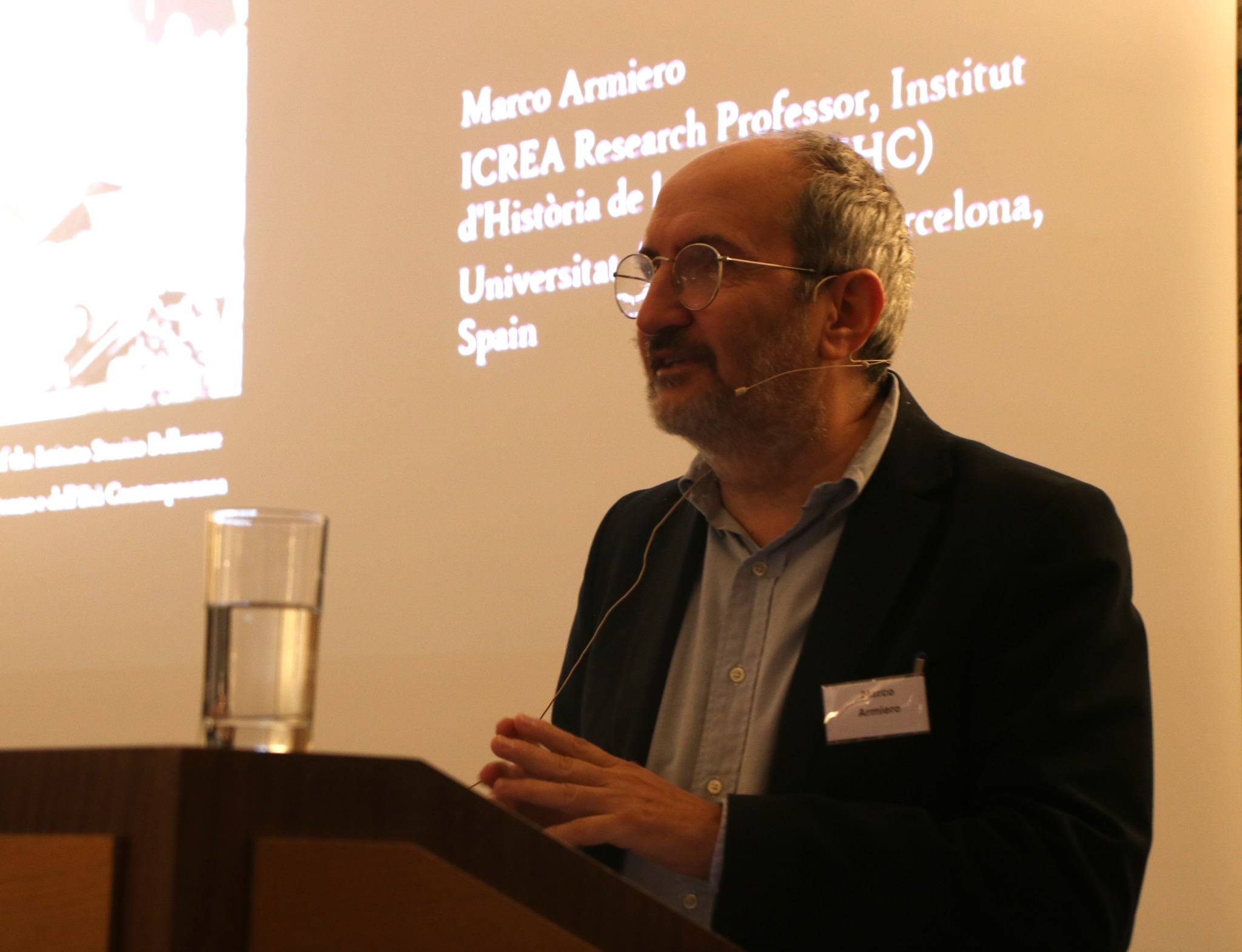
Marco Armiero is an ICREA Research Professor at the Autonomous University of Barcelona and at the Catalan Institution for Research and Advanced Studies. His career has been marked by an international and interdisciplinary focus; he has been a postdoctoral fellow and visiting scholar at Yale, Berkeley, Stanford, and Coimbra. From 2013 to 2023, he served as the director of the KTH Environmental Humanities Laboratory.
Between 2019 and 2021, he was president of the European Society for Environmental History. In 2024, he was elected to the governing board of the International Consortium for Environmental History Organizations.In 2021, he published Wasteocene: Stories from the Global Dump (Cambridge University Press), which has been translated into Italian, Spanish, French, and Bosnian-Croatian-Serbian, and is currently being translated into Chinese and Portuguese. MIT Press has published his book Mussolini’s Nature (co-authored with R. Biasillo and W. Graf von Hardenberg) and is currently translating his work Vajont: A Political Ecology of a Disaster.
Samuele Andreoni
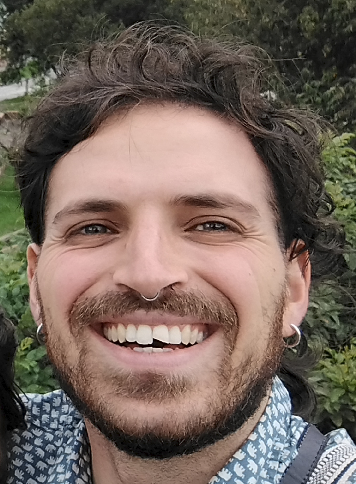
Samuele Andreoni is a political and environmental anthropologist, currently PhD student at UAB-IHC. He started his career at the University of Pisa studying contemporary history, focusing on suburbs and pedagogical methods during infancy and adolescence.
He pursued his studies in anthropology at the University of Torino, where he started focusing on political and environmental issues about the contemporary world.
He’s now focused on the role of commons in generating ecological and cultural based practices that try to balance the relation between society and nature.
Giusy Pappalardo
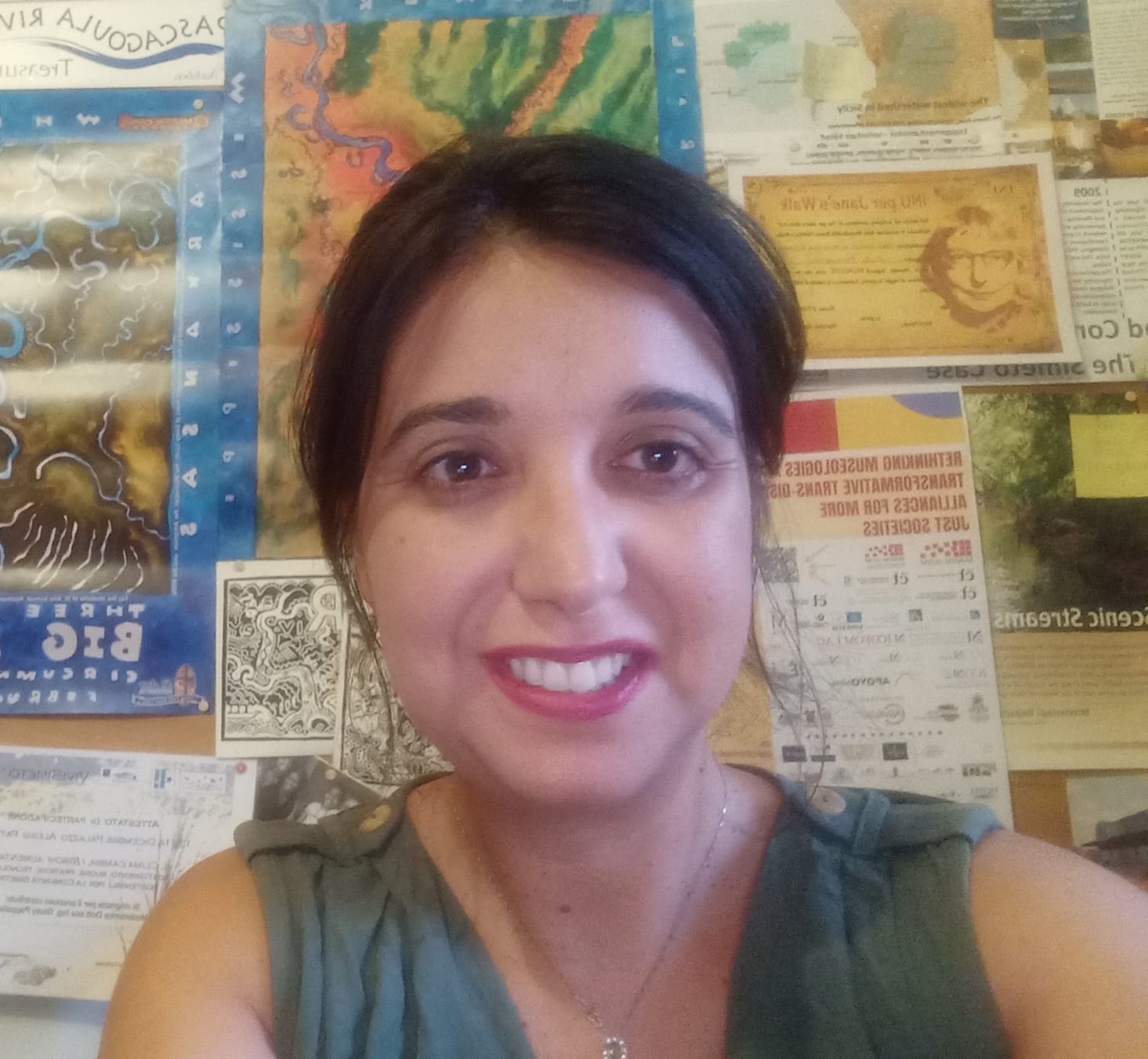
Giusy Pappalardo is a researcher with a background in community-based planning, working at the intersection of social museology and other disciplines within the broad field of environmental humanities.
She graduated from the University of Catania in 2010 with a thesis on the use of collective maps as an empowerment devices for disadvantaged communities, and between 2011 and 2014 she conducted doctoral research on ecological planning in the Deep South of the United States on a Fulbright grant.
From 2016 to 2024, Giusy was a researcher at the University of Catania, where she still teaches Landscape Planning. From 2019 to 2022, she was a visiting researcher at several European universities (University of Liège in Belgium, NTNU in Norway, Universidade de Santiago de Compostela in Spain and Lusófona University in Lisbon), developing case studies with a transnational approach. At the University of Catania she has been coordinator of the Project of National Interest “Resisting – Reconnecting social innovation with institutions in urban planning” (2022-2024).
Durham University
Ashraf Osman
Bartolomeo Pantò
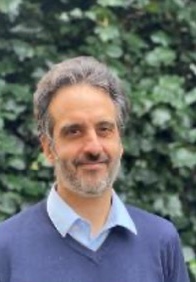
Bartolomeo Pantò is an Assistant Professor in Structural Engineering in the Department of Engineering. He graduated in 2003 from the University of Catania (Italy), where he completed his Ph.D. in Structural Engineering in 2007. His research in that period led to the development of a new simplified method, the Discrete Macro-Element Method (DMEM), to analyse unreinforced and confined masonry structures. After his Ph.D., Bartolomeo worked for seven years as a Structural Engineer. In 2015, he was a Postdoctoral Researcher at the Institute for Sustainability and Innovation in Structural Engineering (ISISE), University of Minho (Portugal). From 2019 to 2021, Bartolomeo led the RAMBEA project (funded by the European Commission within the Marie Skłodowska-Curie Actions) at Imperial College London to develop novel computational strategies for accurate and efficient simulations of historical masonry arch bridges subject to extreme environmental actions.
He joined the Computational Mechanics research group at Durham University in 2021. His area of interest comprises assessing and retrofitting existing structures, including historical and monumental masonry constructions and reinforced concrete infill frames, subjected to climate change and extreme environmental actions, such as earthquakes and floods. In Durham, he is intensely involved in developing sustainable construction and retrofitting techniques based on low-CO2 emissions and natural materials.
Michael Crang
Durham Castle
Gillian Rennie
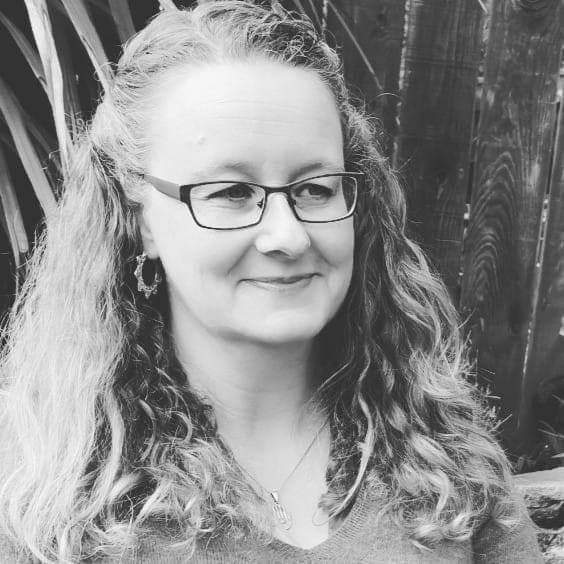
Gill is the Curator of Durham Castle and the Collections held within the University’s Colleges. She is a forward-thinking and dedicated museum professional and is responsible for the care, development and interpretation of the collections to enable academic research and access for local, national and international audiences.
Gill is a graduate of Strathclyde University and holds a Post Graduate Diploma in Museum and Gallery Studies, with Distinction. Her dissertation focussed on War Art, particularly the work of Scottish artist Peter Howson.
Gill’s career in museums spans over 20 years. She joined the WRENCH team in 2022 as the Curator of Durham Castle and Colleges. She is currently focussed on the Norman Chapel preservation project and the ensuing reinterpretation of this significant space. Durham Castle is undergoing general structural works over the next two years and Gill is managing the removal, conservation and redisplay of collection items including oil paintings and wall-hung tapestries.
Gill is involved in the development and delivery of undergraduate teaching and postgraduate research at Durham University, working on courses and supervising MA student research of Durham Castle and its collections, as well as providing access and support for faculty-led research.
METU
Tugrul Yilmaz
Olcay Aydemir
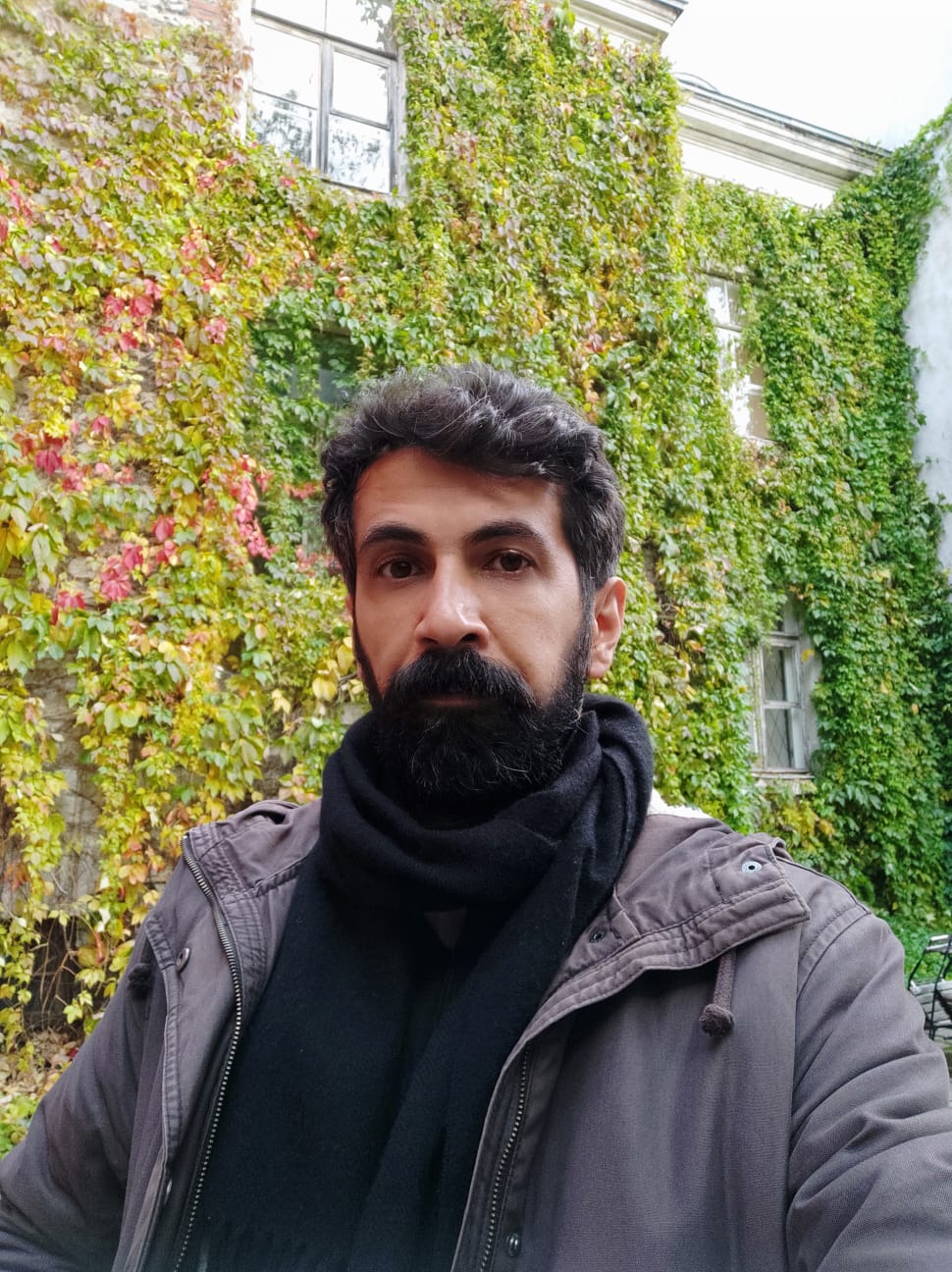
M. Olcay Aydemir is a videographer and content manager at the Audio Visual Research and Application Center (GİSAM) at Middle East Technical University (METU). His work primarily focuses on science communication and he has 15 years of expertise in producing, directing and editing research videos, short documentaries, and social media content.
He has been involved in the dissemination of numerous EU-funded projects, using his expertise to effectively communicate complex scientific concepts. He also teaches video production at METU. In addition to his professional career, he holds a PhD in Energy and Environmental Policy from METU, blending his passion for both media and scientific research.
Berrin Balay Tuncer
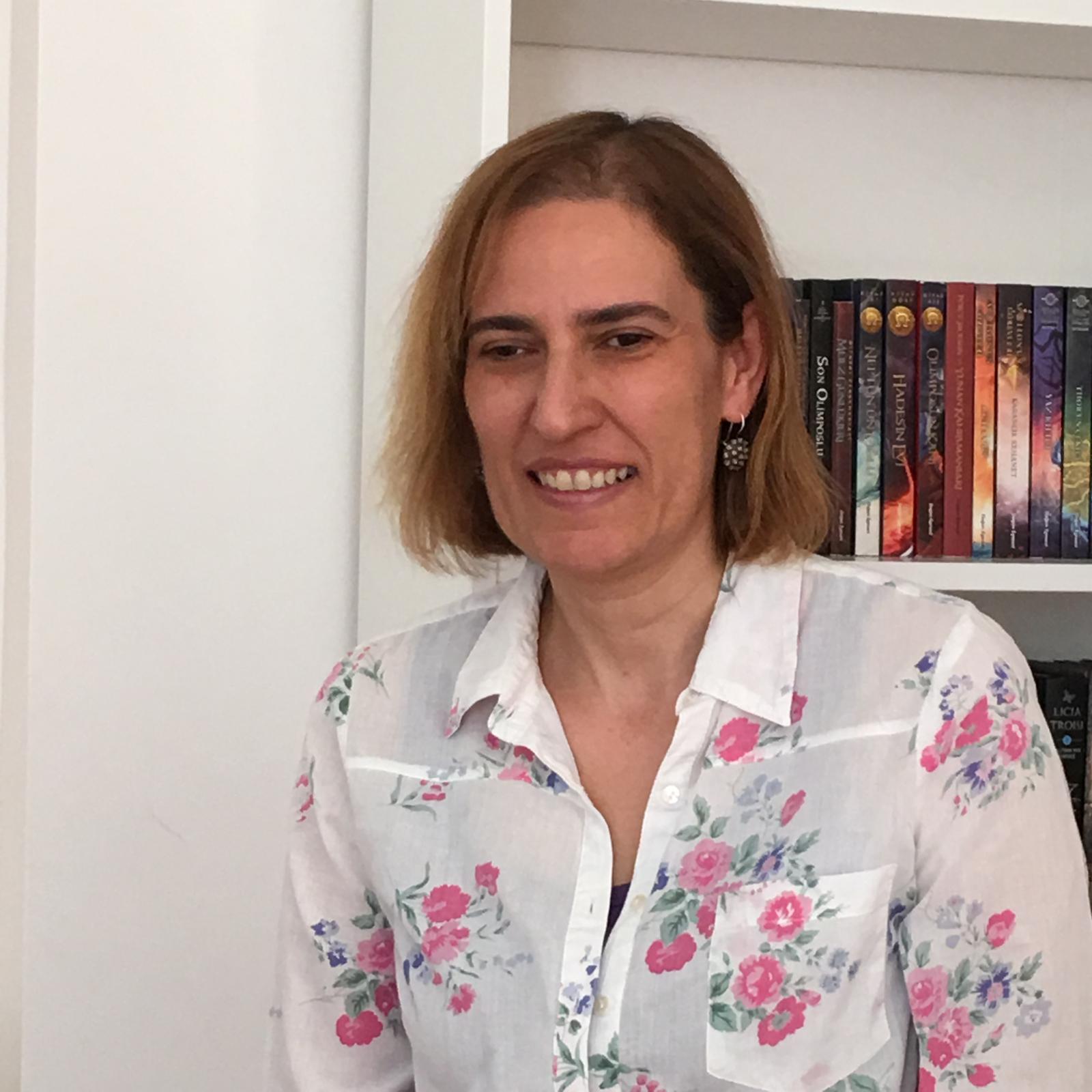
She has completed her undergraduate studies at Hacettepe University, Department of Social Work and Social Services, and her master’s and doctoral studies at Gazi University, Department of Public Relations and Publicity. She made and directed various documentaries and promotional films and received national and international awards for her documentaries.
She has directed the 2nd and 6th Flying Broom International Women’s Film Festival. She acts as a jury member and consultant at International Film Festivals. She is the author of several journal articles, book chapters and newspaper articles. She currently works as a producer at METU-GİSAM, and teaches part-time in the cinema-TV and public relations departments of communication faculties.
University of Campania Luigi Vanvitelli
Corrado Chisari
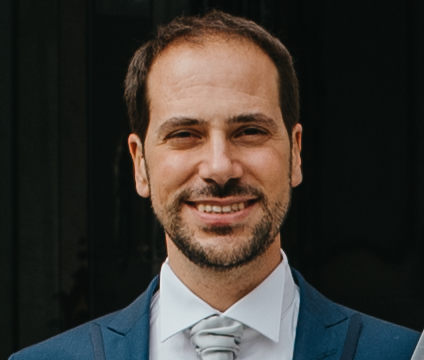
Corrado Chisari is Tenure-track Assistant Professor in Structural Engineering at the University of Campania “Luigi Vanvitelli”. Graduated at the University of Trieste (Italy), he got the PhD in Structural Engineering in 2015 at the same university with a thesis on inverse analysis of masonry structures. In 2017 he was awarded a Marie Skłodowska-Curie Individual Fellowship which took place at Imperial College London (UK). His project “MultiCAMS – Multi-level Model Calibration for the Assessment of Historical Masonry Structures” developed an advanced computational strategy for the realistic assessment of historical masonry structures.
He has been Principal Investigator and participant of national and international funded research projects, and has the Italian National Qualification as Full Professor in Structural Engineering and Associate Professor in Structural Mechanics. His main research focus regards numerical modelling and structural testing, structural optimisation, inverse analysis and parameter calibration, design of advanced seismic devices; on these topics Corrado has also collaborated with research groups at Imperial College, Sapienza University of Rome, University of Sassari, University of Trieste, University of Salerno. He is author of more than 50 papers in leading international journals and conference proceedings.
Gianfranco De Matteis
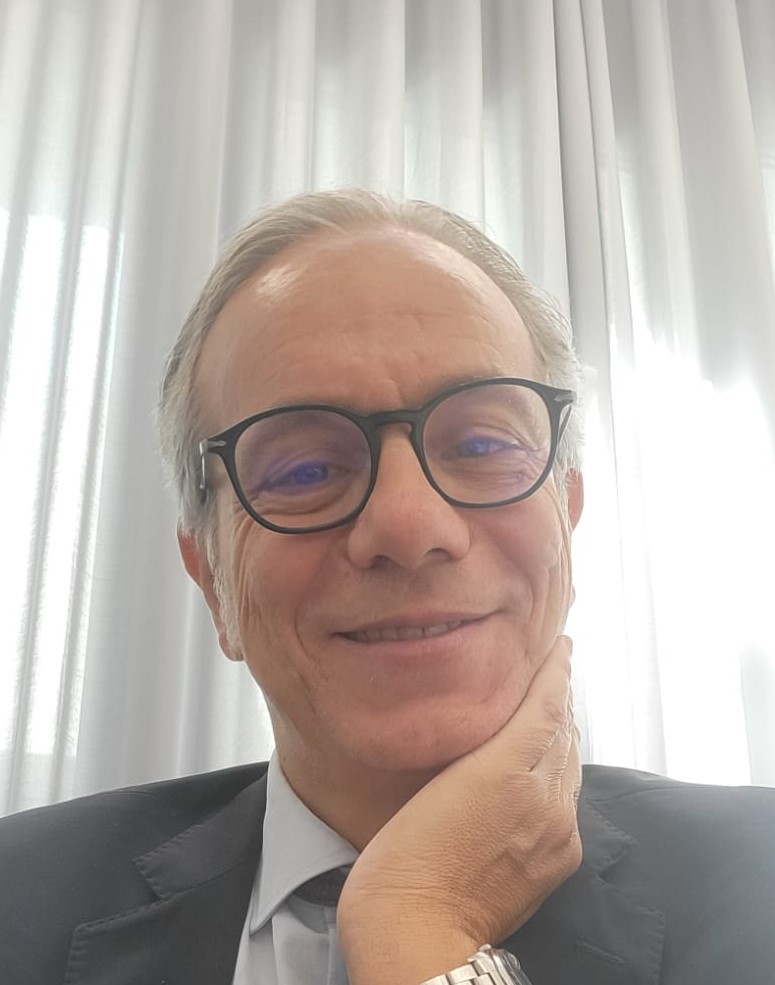
Gianfranco De Matteis is a Full Professor of Structural Engineering (Scientific Disciplinary Sector: CEAR07/A) at the Department of Architecture and Industrial Design of the University of Campania “Luigi Vanvitelli.” Since 2020, he has served as the Rector’s Delegate for Building Affairs, and since 2022, he has been the President of the Bachelor’s Degree Program in Building Science and Techniques (Degree Class L23) at the University of Campania “Luigi Vanvitelli.” He is also the Director of the Level II Master’s Program in “Assessment and Management of the Safety of Existing Infrastructure Works.”
He is a member of the Scientific Council and Board of the FABRE Consortium (“Research Consortium for the Assessment and Monitoring of Bridges, Viaducts, and Other Structures”), as well as the Scientific Coordinator for the Research Unit affiliated with the University of Campania “Luigi Vanvitelli.”
Prof. De Matteis is the national delegate of the IAEE (International Association of Earthquake Engineering), a global commission on seismic engineering, and a member of the Executive Board of ANIDIS, the Italian National Association of Earthquake Engineering.
He has led international research teams and has been the scientific coordinator for numerous national and international research projects, including the European research project “Earthquake Protection of Historical Buildings by Reversible Mixed Technologies (PROHITECH),” the project “Integrated PRocedure for assEssing and improVing the resiliENce of existing masonry bell Towers on a territorial scale – PREVENT,” and as the Coordinator of Task 4.8 “Churches” within the research framework WP4: Risk Maps and Seismic Damage Scenarios (MARS), part of the national DPC-Reluis 2019-2021 project.
He has published over 400 scientific papers in journals and conference proceedings, focusing primarily on the following topics: the structural behavior of steel and aluminum structures, the analysis and evaluation of historical and monumental buildings, innovative structural intervention techniques, and the structural safety of existing brides.
Rosina Iaderosa
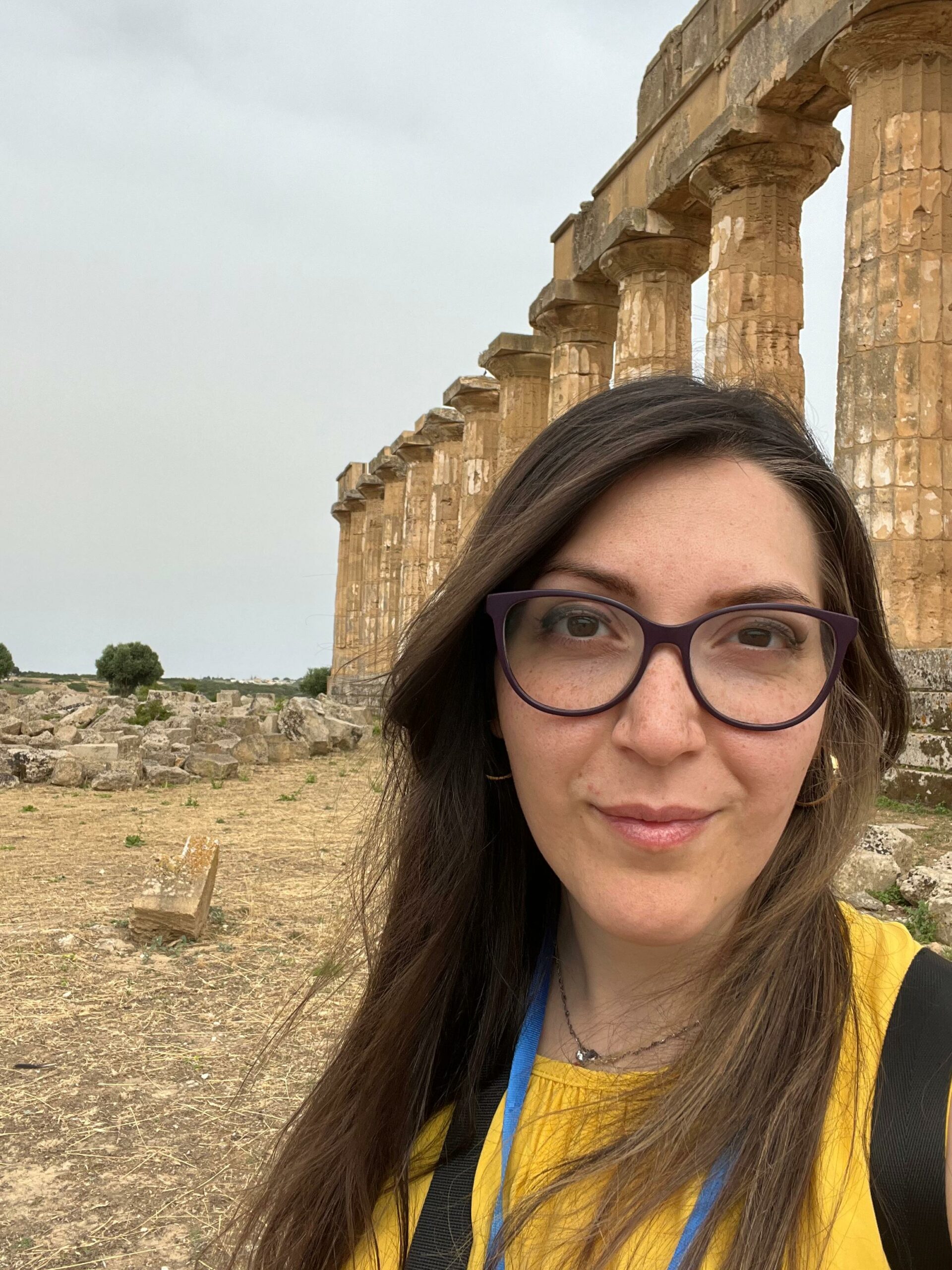
Rosina Iaderosa is architect, former research fellow for several years and currently a PhD candidate in the Industrial Doctorate Program in Technologies for Resilient Living Environments – DADI (University of Campania “Luigi Vanvitelli”), SSD CEAR-10/A. Her research focuses on the study and enhancement of both natural and human-made living environments through the application of ICT technologies, adopting a multidisciplinary approach aimed at innovating documentation and analysis processes in the built environment and landscape.
Her scientific work is based on a methodological integration of reality-based digital survey technologies, employing both range-based and image-based techniques, adapting instruments and methodologies to the specific needs of each research endeavour. Data acquisition is carried out through static and dynamic terrestrial surveys, as well as aerial surveying systems, enabling a detailed and multiscale analysis of the studied contexts.
The results of her research have been published in numerous scientific contributions, including volumes and sector-specific journals, as well as in Class A journals. She has also presented her work at several international conferences, actively contributing to the discourse on digitalization and innovation in the fields of architectural, archaeological, and urban surveying and representation.
Mohammad Kheirollahi
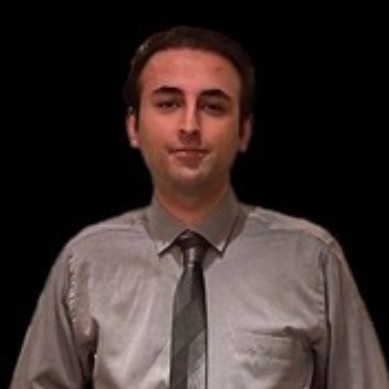
Mohammad Kheirollahi is a structural engineer and researcher whose work focuses on seismic behavior, retrofitting strategies, and innovative structural systems. He began his academic journey with a B.Sc. in Civil-Structural Engineering at the University of Tabriz and went on to complete an M.Sc. and Ph.D. in Structural Engineering at Sahand University of Technology. His master’s thesis on the seismic
rehabilitation of unreinforced masonry resulted in several international publications, while his doctoral research examined the seismic performance of double-layer barrel vaults, leading to journal articles, a patent, and the development of Buckling-Controlled Members (BCM).
In addition to his academic research, Mohammad has been involved in the retrofitting and vulnerability assessment of historical structures in Tabriz, including UNESCO-registered sites. His work in this area has combined numerical modeling with experimental methods such as ambient vibration testing and shake table experiments. He has also explored the potential of innovative materials, including translucent concrete, which received a gold medal at the Geneva Invention Fair in 2018 and also received a gold medal at a symposium in Thailand. Some of his research has contributed to patents related to housing solutions for earthquake-affected communities.
Mohammad has taught at both undergraduate and postgraduate levels, supervised student theses, and continues to collaborate on research in masonry structures and space systems through postdoctoral positions in Iran and Germany. He has also published in a range of international journals and conferences.
Sergio Sibilio
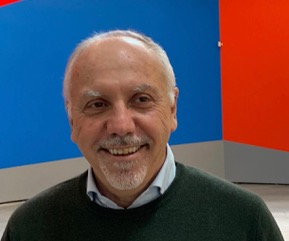
Full Professor of Building Physics and Building Energy Systems at the Department of Architecture and Industrial Design at the University of Campania “Luigi Vanvitelli.” He teaches the courses “Lighting Design” (Master’s Degree in Design for Innovation), “Applications of Acoustics, Lighting, and Energy” and “Methods and Tools for Green Transition and Environmental Resilience” (Master’s Degree in Architecture).
He coordinates the phD course in “Technologies for Resilient Living Environments” and is a member of the Technology Transfer Commission at the University. He has delivered lectures and seminars at various foreign universities within the ERASMUS Mobility program and serves as a reviewer for prestigious international journals.
As the scientific head of the “E3 – Energy Efficiency and Environment” Laboratory, he has participated as a member or leader of research units in projects funded locally and nationally on topics such as applied thermodynamics, lighting, energy efficiency in buildings, and environmental sustainability. He also acts as an expert evaluator for national and international calls for industrial research and pre-competitive development projects.
Author of over 200 scientific articles, he is active in the fields of applied thermodynamics, lighting, energy efficiency, and environmental sustainability.
Mattia Zizi
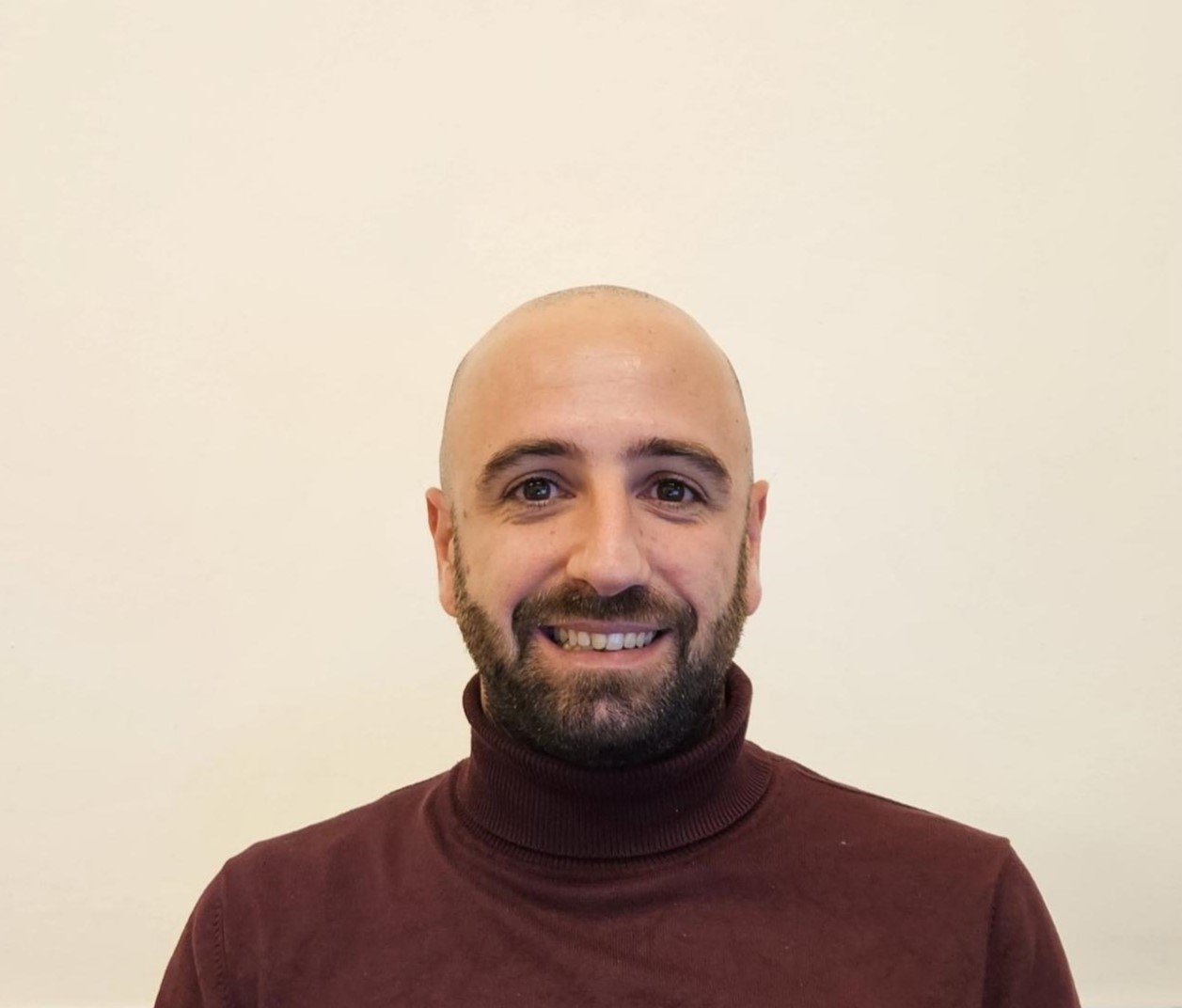
Graduated with honors in 2016 in Building Systems Engineering from the “D’Annunzio” University of Chieti-Pescara, Italy, in 2021, he earned a Ph.D. from the University of Campania “Luigi Vanvitelli” with a dissertation titled “Seismic safety of historical and monumental masonry buildings: assessment methodologies and retrofitting techniques for the structural enhancement.”
Since 2022, he has been a fixed-term Researcher in the Department of Architecture and Industrial Design at the University of Campania “Luigi Vanvitelli,” in the Scientific Disciplinary Sector CEAR07/A.
He has participated in several national research projects primarily focused on themes related to the conservation and protection of Italy’s architectural, monumental, and infrastructural heritage. In 2023, he coordinated the research project “Advanced procedures for SAFEty assessment of existing Masonry Arch Bridges – SAFE_MAB,” funded by the University of Campania “Luigi Vanvitelli.”
Currently, he serves as the structural and seismic risk representative of the University of Campania “Luigi Vanvitelli” for the “Consortium for the assessment and monitoring of bridges, viaducts, and other structures – FABRE.”
He is the author of over 40 scientific publications in national and international journals and conference proceedings. His scientific activity mainly focuses on: assessing the seismic vulnerability of historical and monumental masonry structures through multi-level methodologies (large-scale and individual building scale), proposing intervention methodologies for mitigating the seismic risk of existing masonry structures, and evaluating the structural and seismic risks of existing bridges.
Metropolitan City of Naples
Rosario Andreozzi
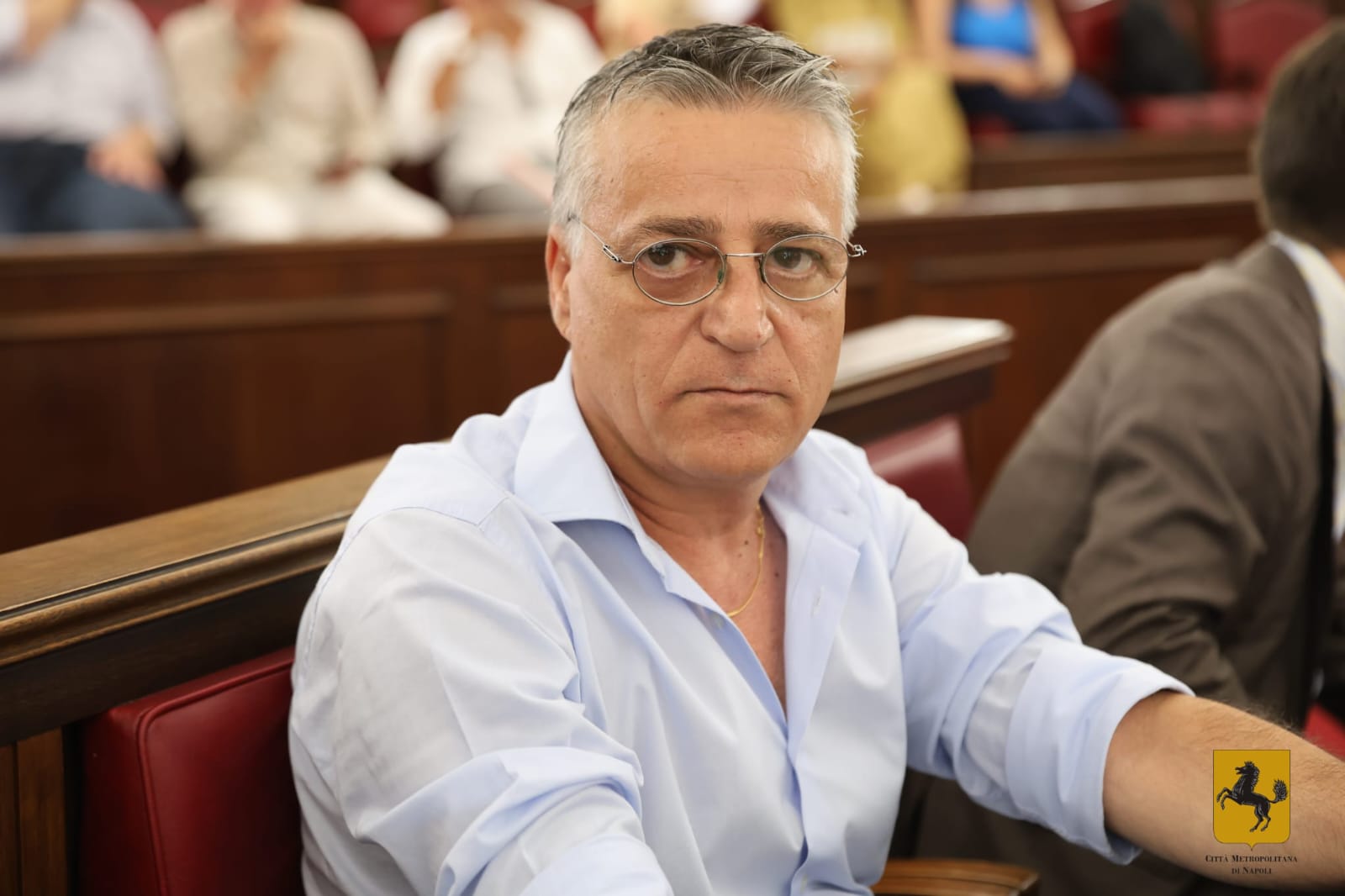
Rosario Andreozzi was born on 08 January 1965 in Naples. Since his youth he has been politically active in the Communist Party, engaging with struggles in the northern area of Naples. In the 1990s, he promoted and was a longlasting leader of the struggles for work which involved thousands of workers excluded from production cycles. creating socially useful jobs (LSU in the Italian system) which were supported by various ministries and local authorities.
He was the director of Filcams-Cgil and of the Naples Chamber of Labour.
For three consecutive terms he was a municipal councillor in Piscinola, Marianella,
with the role of Municipal Vice-President and President of the Social Policies Commission.
Since 2016 he has been a Municipal Councillor in Naples, where he was President of the Dema Council Group; in 2021, re-elected on the list Napoli Solidale Sinistra Socialista Civica Ecologista and elected as Metropolitan Councillor of Naples. He is currently Councillor for the Environment and Biodiversity of the Municipality of Naples.
Coop4Art
Consortium of social cooperatives “Coop4Art”

The Consortium of social cooperatives “Coop4Art” acts inspired by the principles of prevalent mutuality, solidarity, internal and external democracy. We look at an economic model projected towards the enhancement of the human, environmental and cultural resources of the territory. A circular and community economy attentive to the needs of people.
Over the years we have dealt with:
- Redevelopment of the territory
- Urban regeneration
- Production, services and installation interventions in the cultural sector
- Enhancement, restoration and management of cultural assets. Work placement of disadvantaged individuals
Raniero Madonna
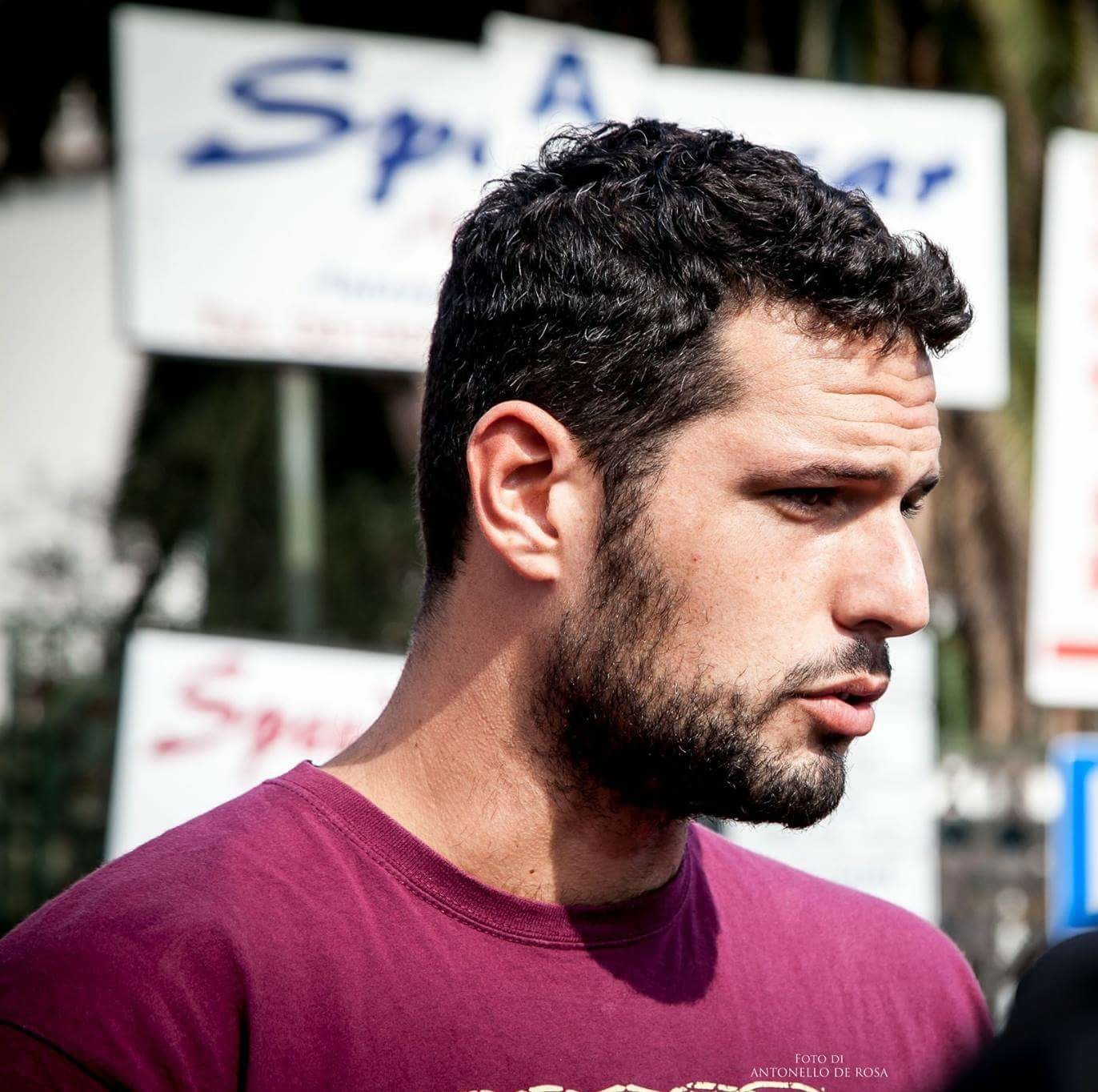
Born in Naples on April 13, 1991, is an environmental and territorial engineer and an activist in environmental justice movements.
He coordinates the activities of the cooperative “Madre Terra Energia e sostenibilità” and collaborates permanently with the consortium of social cooperatives Coop4Art as a designer in the energy and ecology sector.
He is also part of the work team of “Remade community lab”, an organization that deals with plastic recycling, working on proximity models with the use of low-complexity technologies.
Maria Pia Ortoli
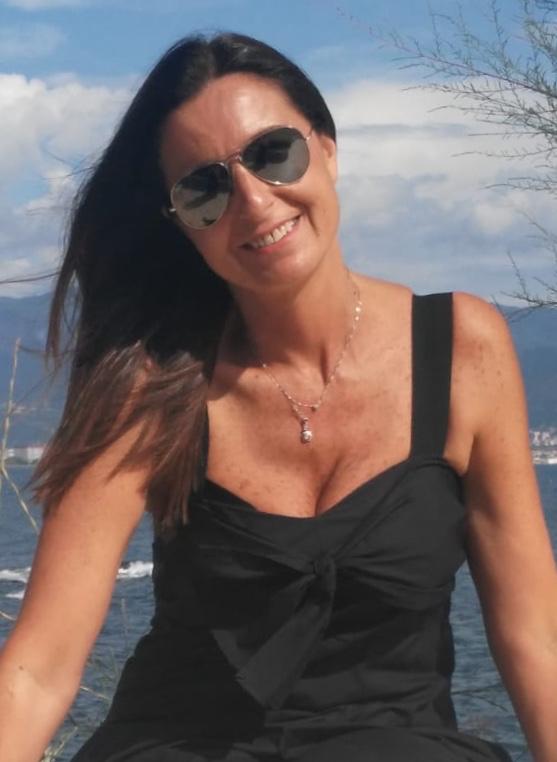
Born in Naples on November 4, 1974. After a lifetime of working in the social field, she first founded the social cooperative “Officina dei Talenti”, of which she is President, and then, with the same cooperative, she founded with others the Consortium of Social Cooperatives Coop4Art, of which she is a member of the Board of Directors.
Diocese of Ragusa
Giuseppe Occhipinti
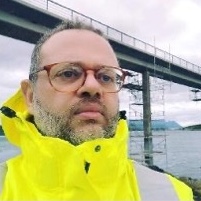
Giuseppe Occhipinti graduated at University of Catania in Structural Engineering (2004), and, after ten years of consulting in the sector of NDT tests and seismic assessment, he earned the PhD in Structural Engineering (2014-2017). Successively, he obtained an II level certificate for dynamic testing (2020) and an II level master in Diagnostic Analysis and Monitoring of Structures and Infrastructures with honours (2022). During his PhD, he was visiting student at Imperial College of London in the Computational Structural Mechanics group.
He was researcher fellow at the National Research Council IGAG-CNR (2018 – 2021) where he developed simplified continuous beam models for buildings. He earned a research fellowship at the University of Rome “Sapienza” (2022) for the FE modelling of the Sarcophagus of the Spouses (~520 BC) in MONALISA Project. He collaborates with INGV (2023-2024) as external consultant. He is external resource at the University of Roma Tre (2021-2024) for a model updating software coding. He has experience in structural assessment of heritage buildings (e.g. Sant’Andrea della Valle Basilica, Palazzo Venezia) and dynamic identification of bridges (e.g. Herøysund bridge, Skattørsundet bridge) with private companies. His main interests are numerical modelling, model updating, assessment and SHM with a strong interest on masonry heritage structures.
Advisory Board
Manuelina Maria Duarte Cândido
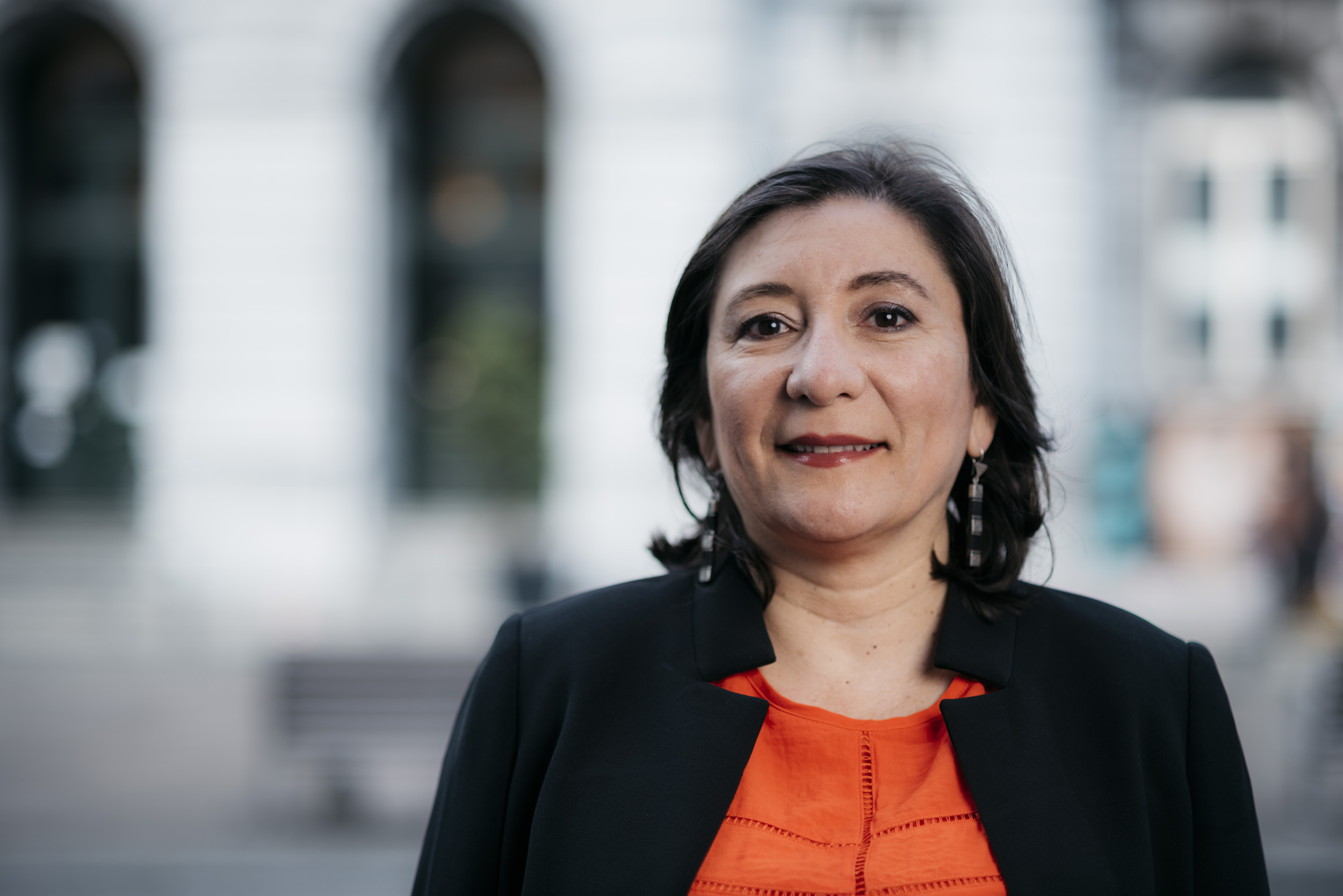
Manuelina Maria Duarte Cândido is a permanent professor at the Graduate Programme in Social Anthropology at the Federal University of Goiás (UFG), Brazil, where she supervises theses and dissertations on heritage and material culture. She is a visiting professor in the Doctoral Programme in Sociomuseology at the Lusophone University, Portugal, where she is editor of the collection Sociomuseology & Sociomuséologie.
She has been a visiting professor at the Université d’Artois (France), the University of Würzburg (Germany), the University of Catania (Italy) and the École du Patrimoine Africain (Bénin). She was Professor of Museology at the University of Liège, Belgium, where she also worked for the Pole Muséal & Culturel and edited the journal Cahiers de Muséologie. She was a member of the board of ICOFOM LAC – Museology Committee of the International Council of Museums for Latin America and the Caribbean. She coordinated the Educational Action Sector of the Centro Cultural São Paulo, directed the Museum of Image and Sound of Ceará and the Museum Process Department of the Brazilian Institute of Museums.
She has a degree in history, a specialisation in museology, a master’s degree in archaeology and a doctorate in museology (Lusófona University, 2012). She completed a post-doctoral internship at the Sorbonne-Nouvelle University in 2014-2015 under the supervision of François Mairesse. She is currently pursuing a Master’s degree in Urban Anthropology, Migrations and Social Intervention (University Rovira i Virgili, Spain).
WRENCH Network
Maria Alessia Glielmi
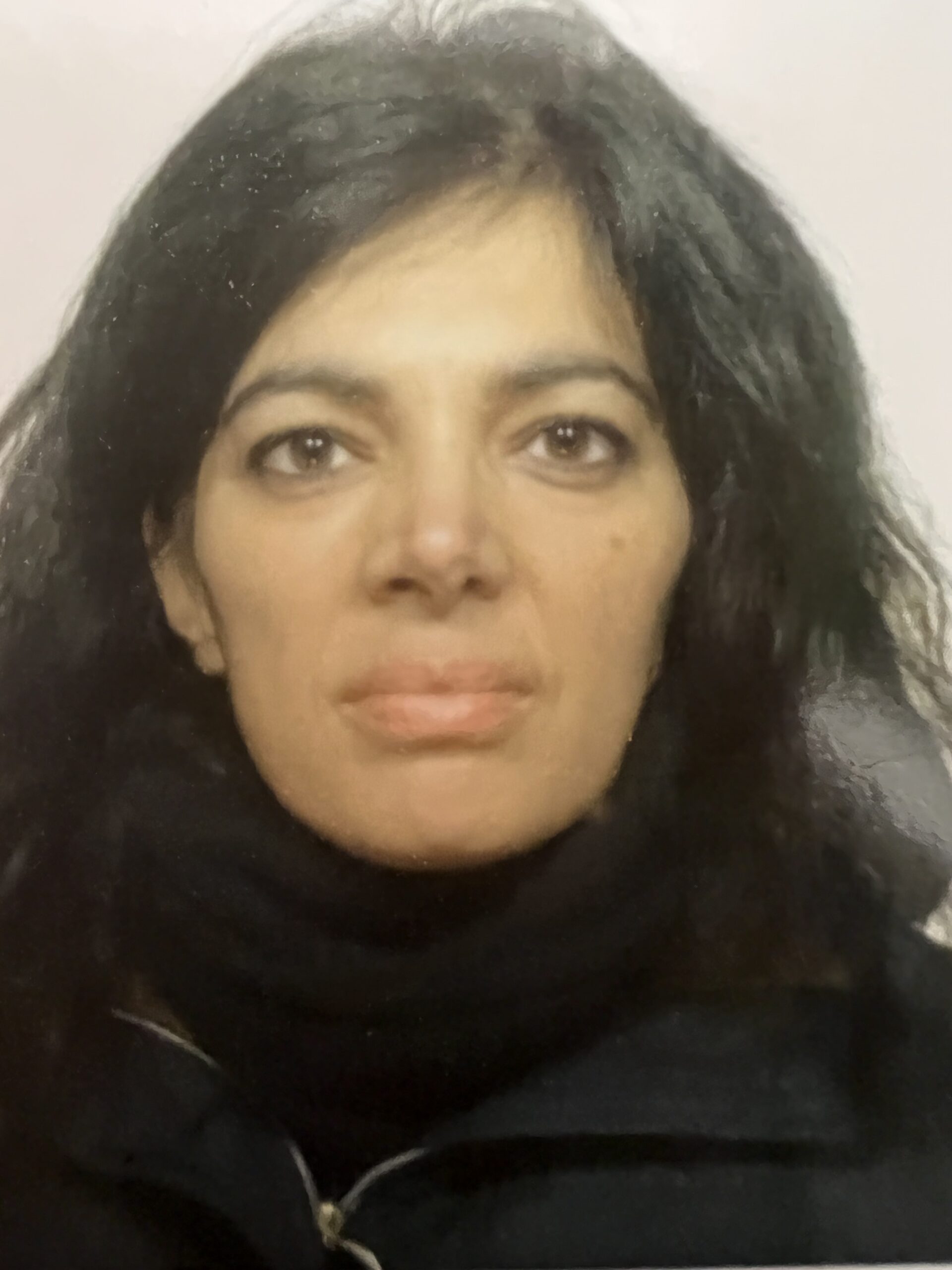
Maria Alessia Glielmi is a lecturer in cultural anthropology and anthropology of art at the Accademia Albertina di Belle Arti in Turin and a PhD student in ‘Architecture and Environment’ at the University of Sassari.
Over the years, she has conducted research in the field of the anthropology of demoethnoanthropological cultural heritage – DEA – in Piedmont and Sardinia and the anthropology of art in Mexico. She has carried out numerous fieldworks, both in Italy and abroad, and especially in Mexico where she has spent long periods of time among the huicholes of the Sierra Madre Occidental.
She deals with processes of cultural transformation, the symbolic dimension of culture and the patrimonialisation of demo-ethno-anthropological assets. She is the author of numerous essays and a member of the steering committee of the journal “Parol-Quaderni d’arte e di epistemologia”.
Luigi Sanna
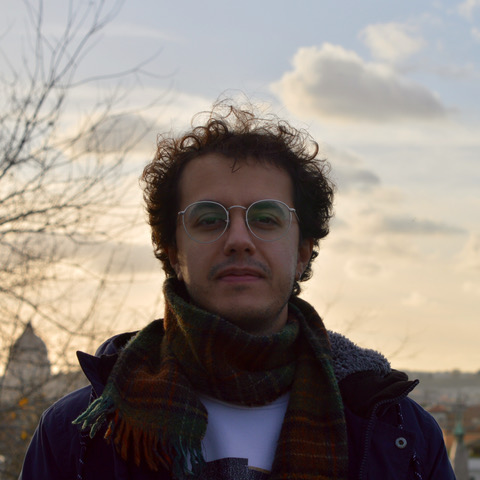
Luigi Sanna is a master’s degree student in Communication Theories at the University of Cagliari. His academic background focuses on the philosophical and linguistic dimensions of communication, and his research interests are deeply rooted in environmental sustainability and climate discourse.
For his bachelor’s degree in Communication Sciences, he wrote a thesis titled “Communication on Climate Change After the COVID-19 Pandemic” (2021). In this study, he explores how the recent pandemic experience could provide an opportunity to improve communication about climate change and rewrite the narratives about environmental issues through a new frame.
Melike Dugan
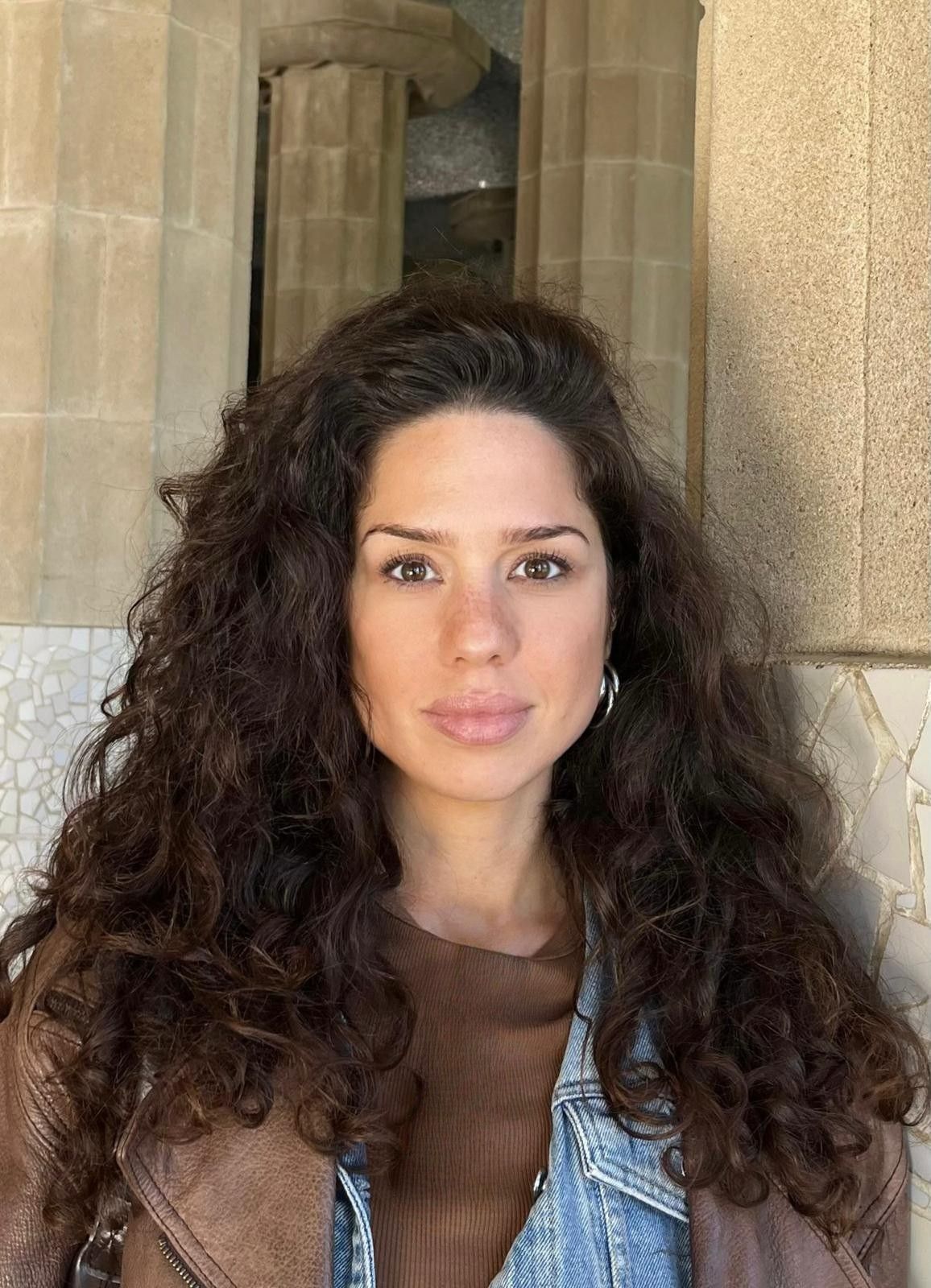
Melike Dugan is a climate and sustainability specialist and scientific disseminator bridging climate risk and adaptation, environmental justice, and cultural heritage conservation in Mediterranean contexts.
In the WRENCH project she drives dissemination efforts, translating complex interdisciplinary research into accessible narratives, workshops, public materials, and stakeholder dialogues to safeguard intangible cultural legacies like place-based practices, and socio-ecological stories threatened by environmental shifts.
Her interdisciplinary research abilities integrate quantitative analysis with environmental engineering, marine conservation fieldwork, and social-ecological perspectives, advancing climate adaptation strategies that honor cultural and historical contexts.
WRENCH Network – Buenos Aires y Cono Sur
Museo de la Inmigración de la Universidad Nacional de Tres de Frebero (MUNTREF)
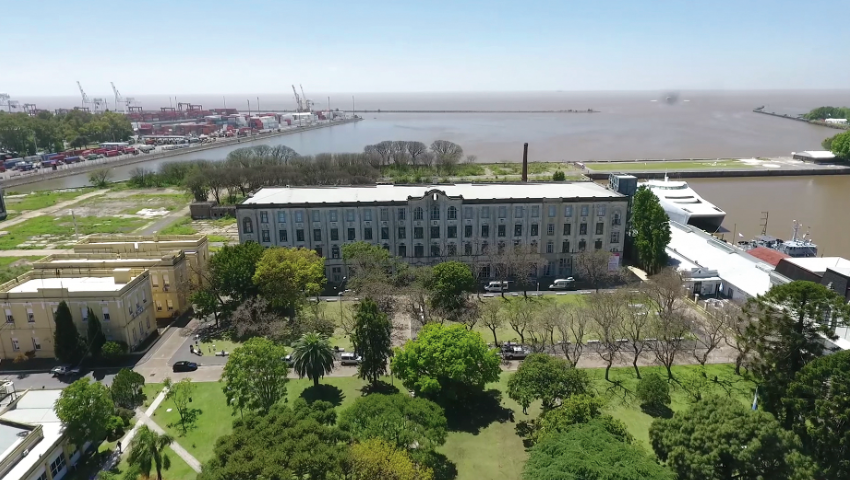
The Museum is located in the former Immigrants’ Hotel, and it is dedicated both to those who came from Europe, Asia, and Africa, and to South American migrants. In this way, MUNTREF reclaims a space for the construction of historical memory as well as for reflection on the current conditions of migration—honoring the immigrants who settled and found a homeland in Argentina, while at the same time recognizing the Indigenous peoples who form the foundation of national identity. The Museum is distinguished by presenting to the public the experience of migrating through the stages of the journey, arrival, integration, and legacy. It invites visitors to explore the conditions faced by migrants of the past as well as those of the present, through historical documents, photographs, films, and contemporary testimonies. To know more: https://untref.edu.ar/muntref/es/museo-de-la-inmigracion/
Proyecto FAS – WREMAR (WRENCH Matanza-Riachuelo): Arqueoterra
Cooperativa Arqueoterra
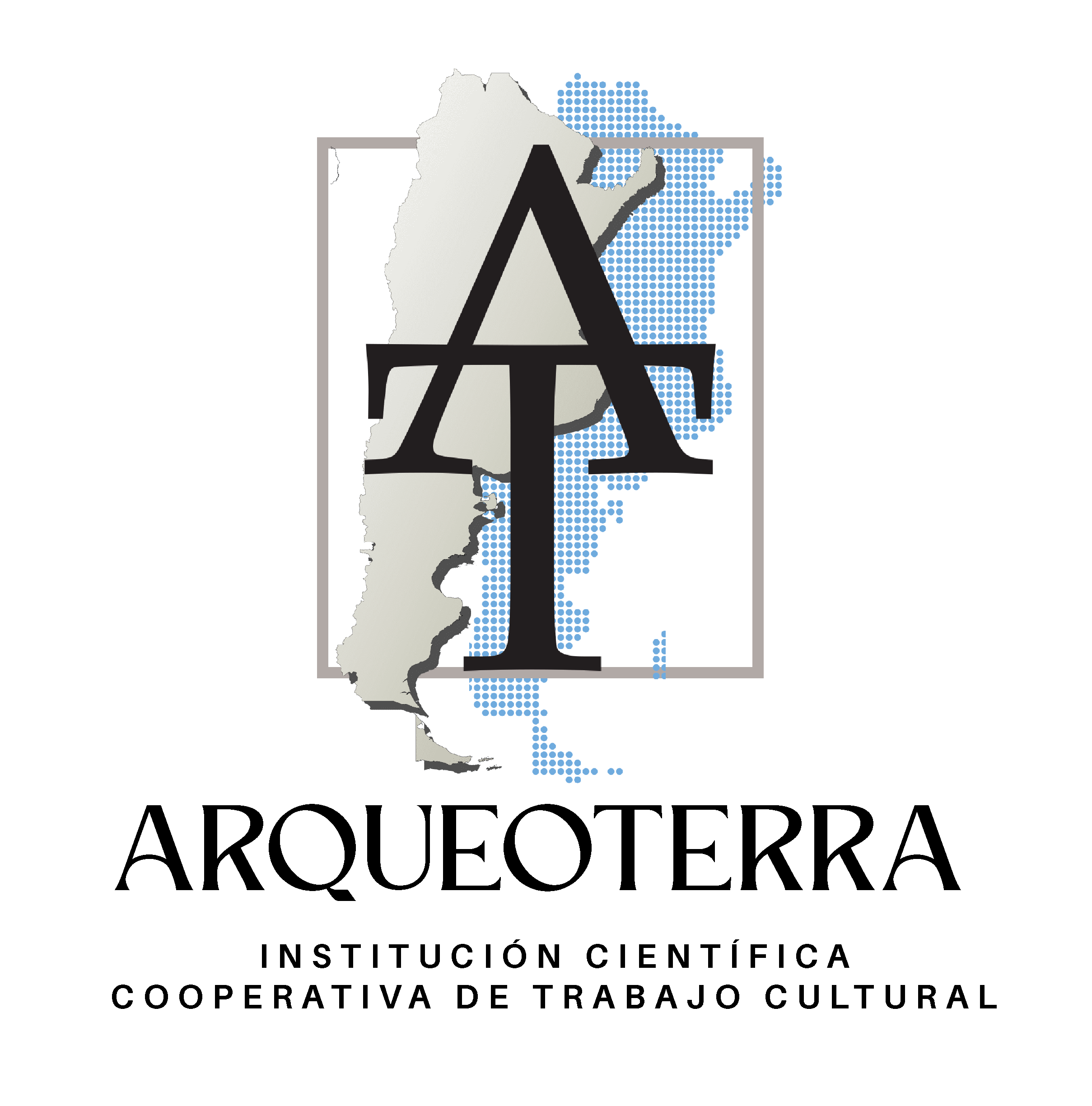
ARQUEOTERRA es una institución dedicada, desde su fundación en el año 2015, a la investigación, protección y difusión del patrimonio histórico-arqueológico además de desarrollar líneas de monitoreo, comunicación y fortalecimiento sociocomunitario. Formalizados bajo la persona jurídica de cooperativa de trabajo limitada (Matrícula Nº 54.463/INAES) sus asociadxs llevan adelante proyectos de investigación, programas educativos e iniciativas comunicacionales. Es un espacio laboral que congrega profesionales formados en Antropología, Arqueología, Gestión Cultural, Historia y Museología. Desde finales del 2023 ARQUEOTERRA se reconoce como una Institución Científica de gestión social trabajando como Organización No Gubernamental en articulación con otras organizaciones territoriales y sociales en vías de cumplir sus objetivos institucionales.
ARQUEOTERRA is an institution dedicated to the research, protection, and dissemination of historical and archaeological heritage, as well as developing lines of monitoring, communication, and socio-community strengthening. Founded in 2015, it was formalized under the legal entity of a limited work cooperative (Registration No. 54.463/INAES). Since then its associates carry out research projects, educational programs, and communication initiatives. It is a workspace that brings together professionals trained in anthropology, archaeology, cultural management, history, and museology. Since the end of 2023, ARQUEOTERRA has been recognized as a socially managed scientific institution working as a non-governmental organization in coordination with other territorial and social organizations in order to achieve its institutional objectives.
Axel Rex Weissel
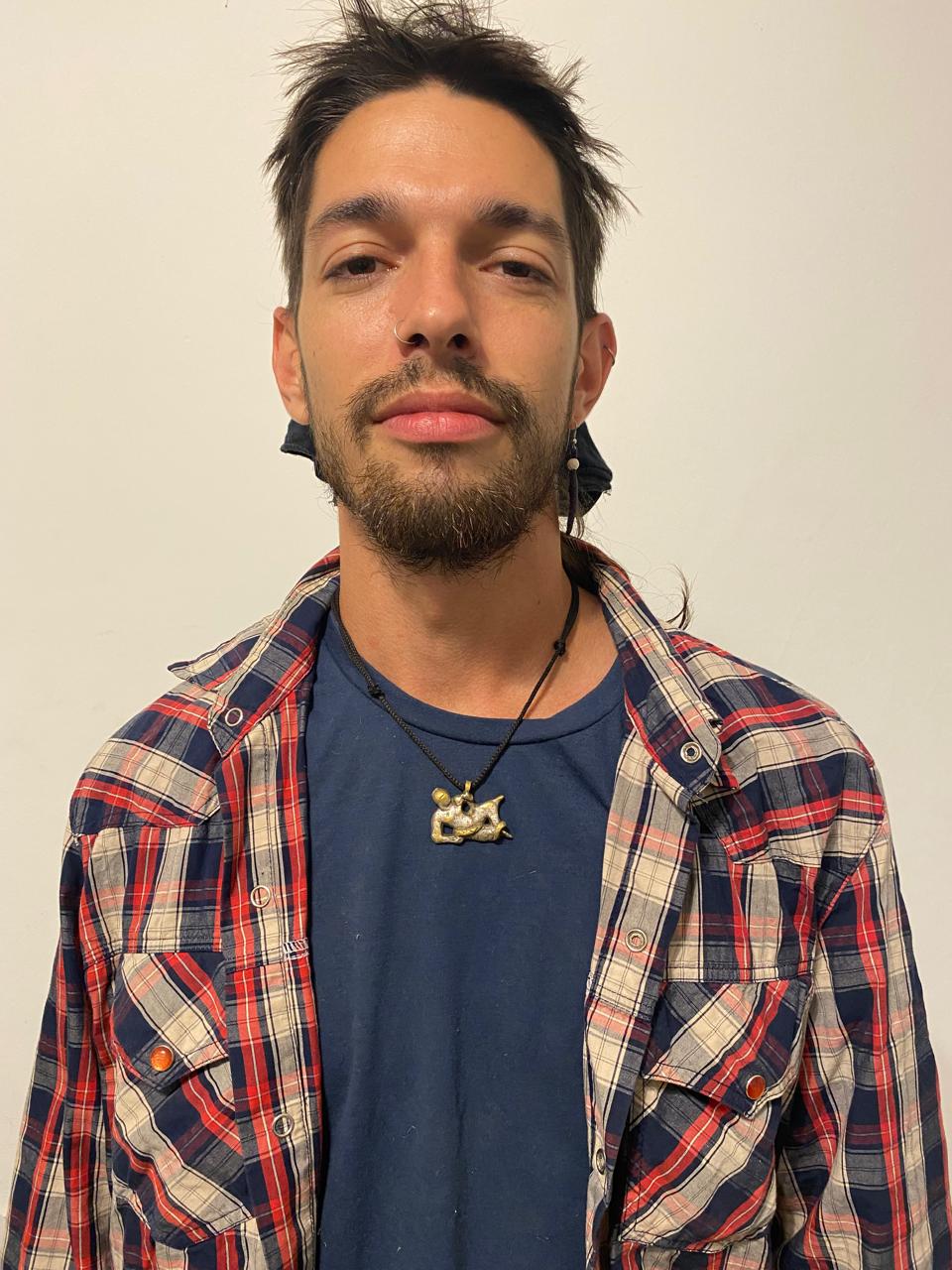
Axel Rex Weissel es profesor de enseñanza media y superior en Ciencias Antropológicas (Universidad de Buenos Aires), licenciadx en Ciencias Antropológicas orientación Arqueología (Universidad de Buenos Aires) y doctorando en Arqueología (Universidad de Buenos Aires). Desde el 2012 participa de proyectos de investigación en arqueología y antropología con un fuerte componente político y social. Fundador de la cooperativa de trabajo Arqueoterra Ltda. (2015) y referente de ARDE, Federación de cooperativas culturales de la Argentina (2023). Se ha desempeñado en trabajos territorializados en las provincias de Neuquén, Corrientes, Entre Ríos, Tierra del Fuego así como en el Área Metropolitana de Buenos Aires, en la propia Ciudad Autónoma de Buenos Aires y en Cuba.
Axel Rex Weissel is professor in Anthropological Sciences (University of Buenos Aires), holds a bachelor’s degree in Anthropological Sciences with a focus on Archaeology (University of Buenos Aires), and is a doctoral candidate in Archaeology (University of Buenos Aires). Since 2012, he has participated in research projects in archaeology and anthropology with a strong political and social component. He is the founder of Arqueoterra Ltda. (2015) and a representative of ARDE, the Federation of Cultural Cooperatives of Argentina (2023). He has worked in the provinces of Neuquén, Corrientes, Entre Ríos, and Tierra del Fuego, as well as in the Buenos Aires Metropolitan Area, in the Autonomous City of Buenos Aires itself, and in Cuba.
Cooperativa Arqueoterra

ARQUEOTERRA es una institución dedicada, desde su fundación en el año 2015, a la investigación, protección y difusión del patrimonio histórico-arqueológico además de desarrollar líneas de monitoreo, comunicación y fortalecimiento sociocomunitario. Formalizados bajo la persona jurídica de cooperativa de trabajo limitada (Matrícula Nº 54.463/INAES) sus asociadxs llevan adelante proyectos de investigación, programas educativos e iniciativas comunicacionales además de ofrecer servicios al sector privado y público. Es un espacio laboral que congrega profesionales formados en Antropología, Arqueología, Gestión Cultural, Historia y Museología. Desde finales del 2023 ARQUEOTERRA se reconoce como una Institución Científica de gestión social trabajando como Organización No Gubernamental en articulación con otras organizaciones territoriales y sociales en vías de cumplir sus objetivos institucionales.
ARQUEOTERRA is an institution dedicated to the research, protection, and dissemination of historical and archaeological heritage, as well as developing lines of monitoring, communication, and socio-community strengthening. Founded in 2015, it was formalized under the legal entity of a limited work cooperative (Registration No. 54.463/INAES). Since then its associates carry out research projects, educational programs, and communication initiatives, in addition to offering services to the private and public sectors. It is a workspace that brings together professionals trained in anthropology, archaeology, cultural management, history, and museology. Since the end of 2023, ARQUEOTERRA has been recognized as a socially managed scientific institution working as a non-governmental organization in coordination with other territorial and social organizations in order to achieve its institutional objectives.
Florencia Crino
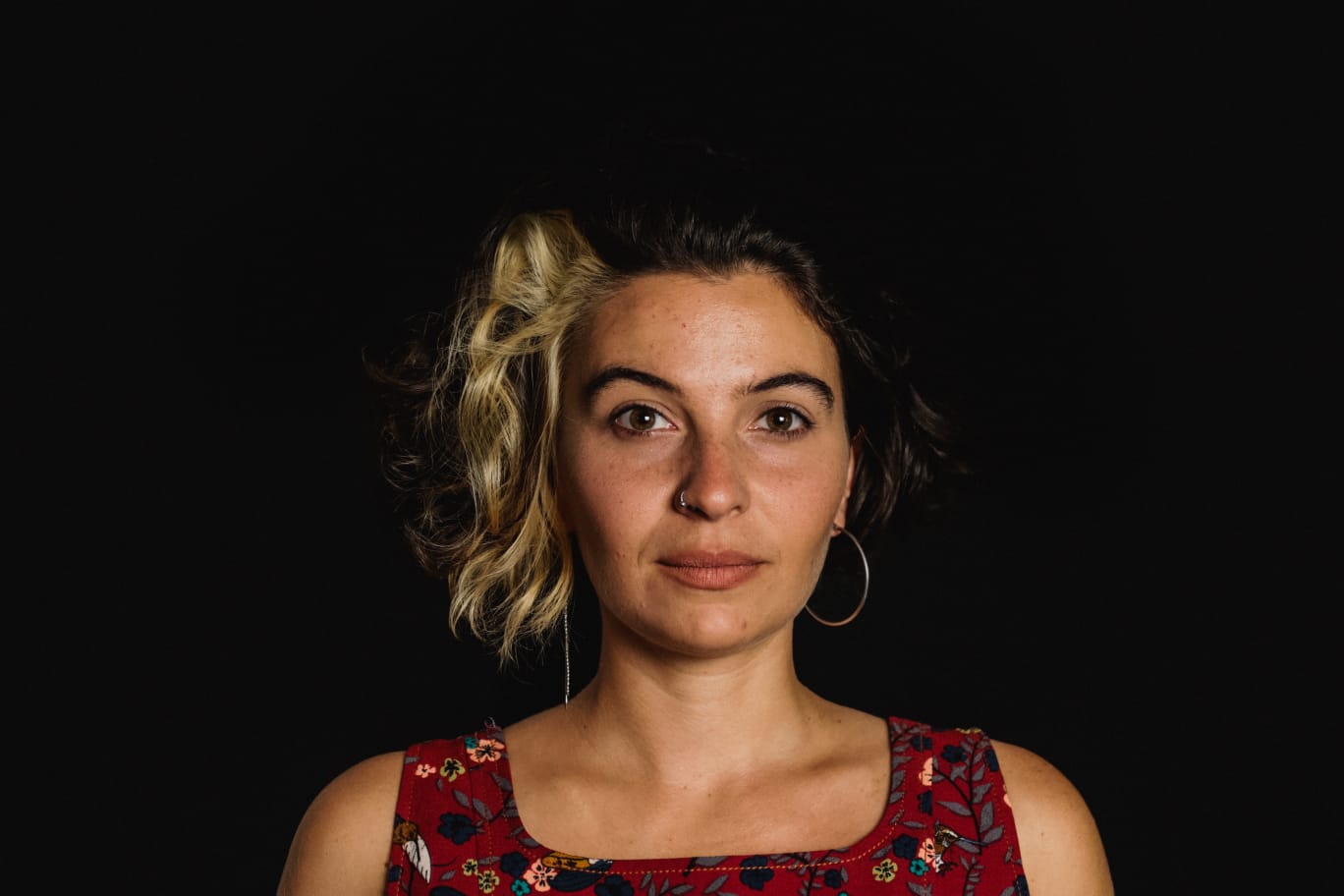
Florencia Crino es Licenciada en Folklore con mención en Danzas Folklóricas y Tango, y en Culturas Tradicionales por la Universidad Nacional de las Artes. Es bailarina, cantante y artivista, con participación en asambleas comunitarias por el agua en Mendoza y en colectivos de artistas. Su trabajo articula el arte y la investigación en torno a la memoria, la identidad y el territorio, con eje en el extractivismo. Integra el grupo de investigación Enclave Latinoamérica, dirigido por la Dra. Elena Pontnau y la Mg. Sonia Vázquez, y el grupo Folklore, cuerpo y génesis, coordinado por la Dra. María Inés Palleiro. Se desempeña como mediadora cultural en Ronda Cultural, guiando recorridos en la Ciudad de Buenos Aires para públicos diversos. Además, facilita talleres de arte sustentable para infancias junto al proyecto Abran Mancha.
Florencia Crino holds a degree in Folklore with a specialization in Folk Dance and Tango, and in Traditional Cultures from the National University of the Arts (Argentina). She is a dancer, singer, and artivist and has participated in community assemblies for water in Mendoza and in artist collectives. Her work combines art and research on memory, identity, and territory, with a focus on extractivism. She is a member of the Enclave Latinoamérica research group, led by Dr. Elena Pontnau and Mg. Sonia Vázquez, and the Folklore, Body, and Genesis group, coordinated by Dr. María Inés Palleiro. She works as a cultural mediator at Ronda Cultural, guiding tours in the city of Buenos Aires for diverse audiences. She also facilitates sustainable art workshops for children with the Abran Mancha project.
Gustavo David Candela
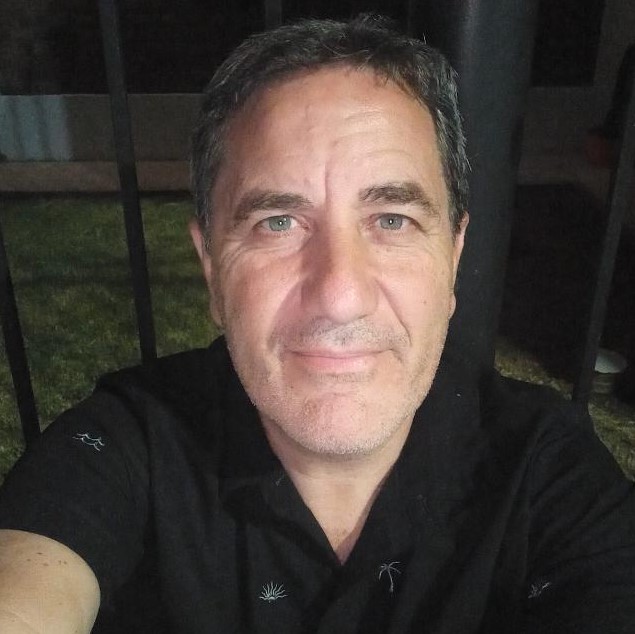
Gustavo David Candela es licenciado en Ciencias Antropológicas, especialización Arqueología, en la Universidad de Buenos Aires, Argentina. Especializado en fotogrametría y procesamiento de datos para la digitalización de objetos y la utilización de Sistemas de Información Geográfica. Con conocimientos en guionismo para exposiciones temáticas en museo y en Estudios de Impacto Social. Presidente de la Cooperativa de Trabajo Arqueoterra Ltda y miembro del Grupo transdisciplinario Argentino/Español de Bioarqueología del Cuidado.
Gustavo David Candela holds a degree in Anthropological Sciences, specializing in Archaeology, from the University of Buenos Aires, Argentina. He specializes in photogrammetry and data processing for the digitization of objects and the use of Geographic Information Systems. He has expertise in scriptwriting for thematic museum exhibitions and social impact studies. He is president of the Arqueoterra Ltda. Workers’ Cooperative and a member of the Argentine/Spanish Transdisciplinary Group on Bioarchaeology of Care.
Teresa Gómez Poggio
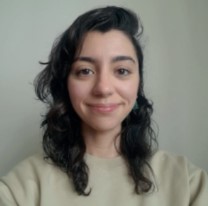
Teresa Gómez Poggio es museóloga y curadora especializada en patrimonio cultural, con formación de grado en Museología y Gestión del Patrimonio Cultural por la Universidad del Museo Social Argentino y actualmente cursando el Programa de Curaduría 2.5 en la Fundación El Mirador. Su trayectoria profesional se desarrolla principalmente en la articulación entre museología, historia social y arqueología. Desde el 2021, coordina el Área de Museología y Montaje en el Museo Penitenciario Argentino. Colabora en la preservación y difusión del patrimonio arqueológico y ambiental en la Cooperativa Arqueoterra Ltda, particularmente en contextos vinculados a reservas naturales y sitios históricos.
Teresa Gómez Poggio is a museologist and curator specialized in cultural heritage. She holds a degree in Museology and Cultural Heritage Management from the Universidad del Museo Social Argentino and is currently enrolled in the Curatorial Program 2.5 at Fundación El Mirador. Her professional work primarily focuses on the intersection of museology, social history, and archaeology. Since 2021, she has served as the coordinator of the Museology and Exhibition Design Department at the Argentine Penitentiary Museum. She also collaborates on the preservation and dissemination of archaeological and environmental heritage with the Arqueoterra Cooperative Ltd., particularly in contexts related to nature reserves and historical sites.
María José Pachón
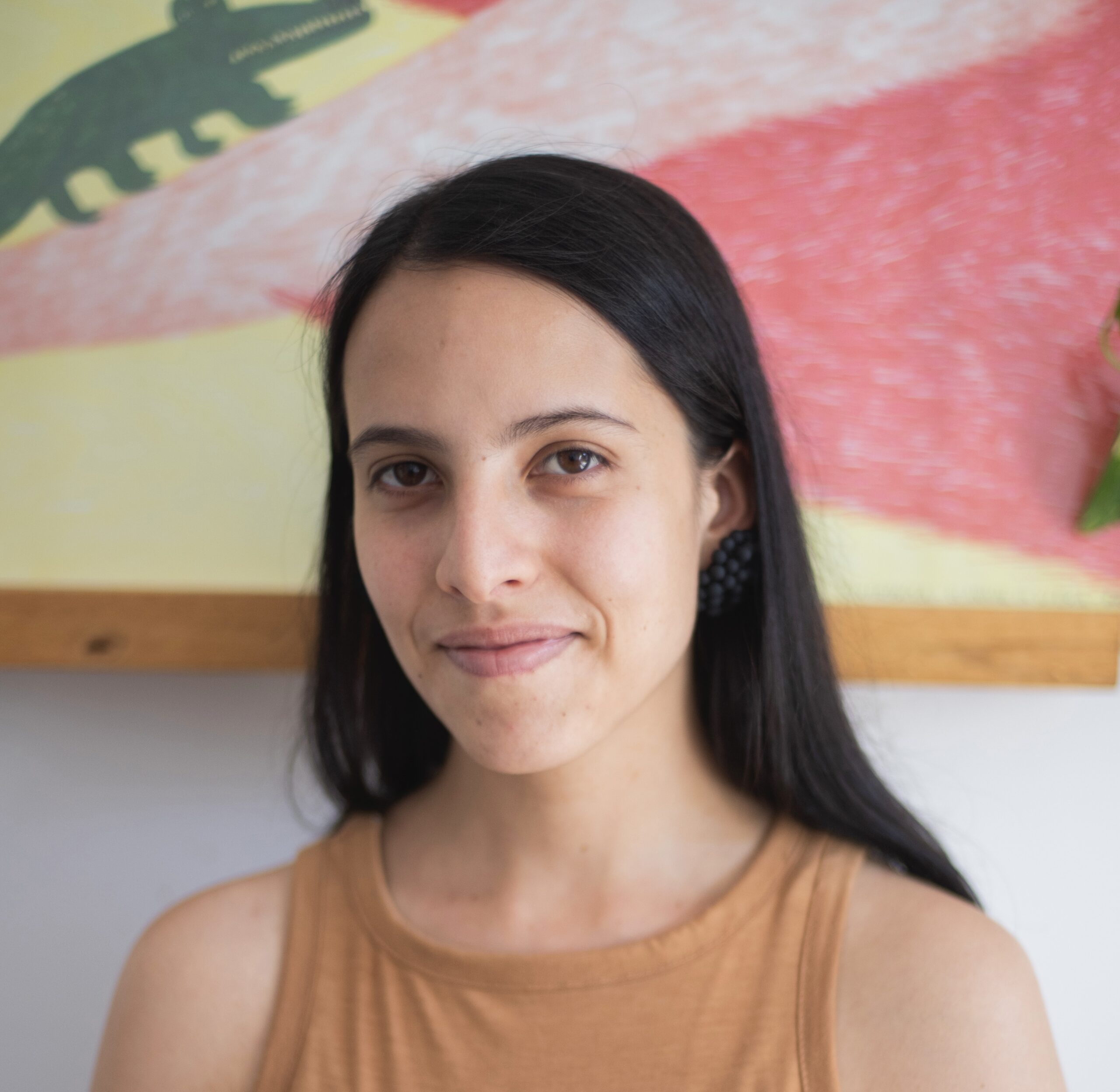
María José Pachón es curadora en formación y docente de inglés. Cursa la Licenciatura en Curaduría en Artes en la Universidad Nacional de las Artes y fue seleccionada para el Programa de Curaduría 2.5 en la Fundación El Mirador (2025), un programa anual de formación curatorial que se encuentra cursando actualmente. Realizó una pasantía de investigación y archivo en LA ESCUELA_ (enero–agosto 2025), una plataforma de arte y educación dirigida por artistas en América Latina. Actualmente forma parte del equipo de Órbita, el programa de Arqueoterra que articula redes transnacionales entre iniciativas museológicas de diferentes instituciones y comunidades. Se desempeña como docente en el Buenos Aires Montessori School, donde trabaja con la metodología Montessori en el área de inglés para nivel inicial.
María José Pachón is a curator in training and English teacher. She is pursuing a BA in Curatorial Studies at the Universidad Nacional de las Artes and was selected for the Curatorial Program 2.5 at Fundación El Mirador (2025), an annual curatorial training program she is currently attending. She completed a research and archive internship at LA ESCUELA_ (January–August 2025), a platform for art and education led by artists across Latin America. She is currently part of Órbita, Arqueoterra’s program that connects transnational networks among museological initiatives across different institutions and communities. She works as an English teacher at Buenos Aires Montessori School, where she applies the Montessori methodology at the preschool level.
Proyecto FAS – WREMAR (WRENCH Matanza-Riachuelo): investigadores
Fernanda Leyva
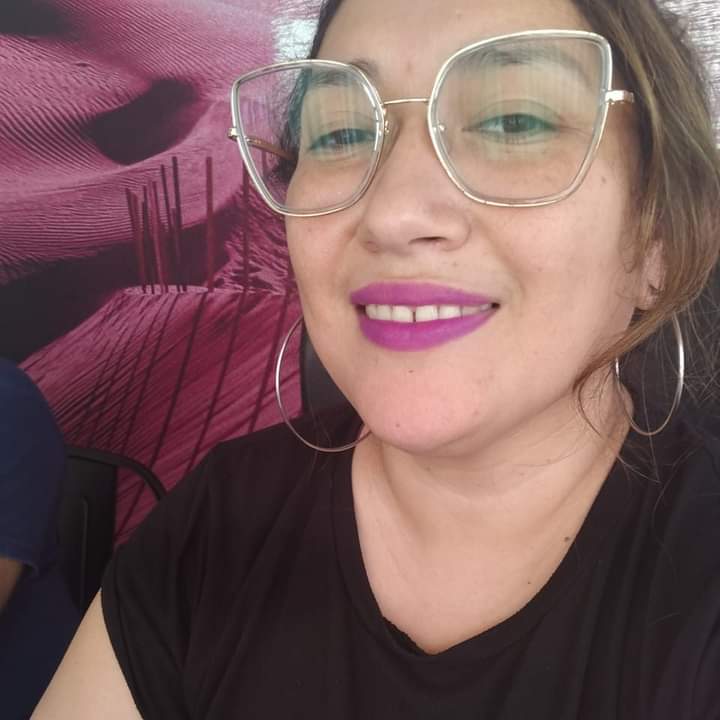
Licenciada en Historia por la Universidad de Sonora. Cursando el Doctorado en Estudios Territoriales de Universidad Nacional de Quilmes. Forma parte del programa de investigación “La Argentina desigual. Ambiente, producción y calidad de vida en el ámbito rural, desde mediados del siglo XX a la actualidad” con base en el Centro de Estudios de la Argentina Rural, de la Universidad de Quilmes. Realizando trabajo a investigación documental, hemerográfico, oral, y bibliográfico para la realización del proyecto Conflictos territoriales y ambientales en el Valle del Yaqui (1940-1980), permitiendo comparativa conflictos territoriales y ambientales por el uso de los recursos tierra y agua en la Argentina.
Bachelor’s degree in History from the Universidad de Sonora. Currently pursuing a Ph.D. in Territorial Studies at the Universidad Nacional de Quilmes. Member of the research program “La Argentina desigual. Ambiente, producción y calidad de vida en el ámbito rural, desde mediados del siglo XX a la actualidad”, based at the Centro de Estudios de la Argentina Rural (CEAR) of the Universidad Nacional de Quilmes. Conducting documentary, hemerographic, oral, and bibliographic research for the project Conflictos territoriales y ambientales en el Valle del Yaqui (1940–1980), allowing for a comparative analysis of territorial and environmental conflicts over the use of land and water resources in Argentina.
Natalia Correa
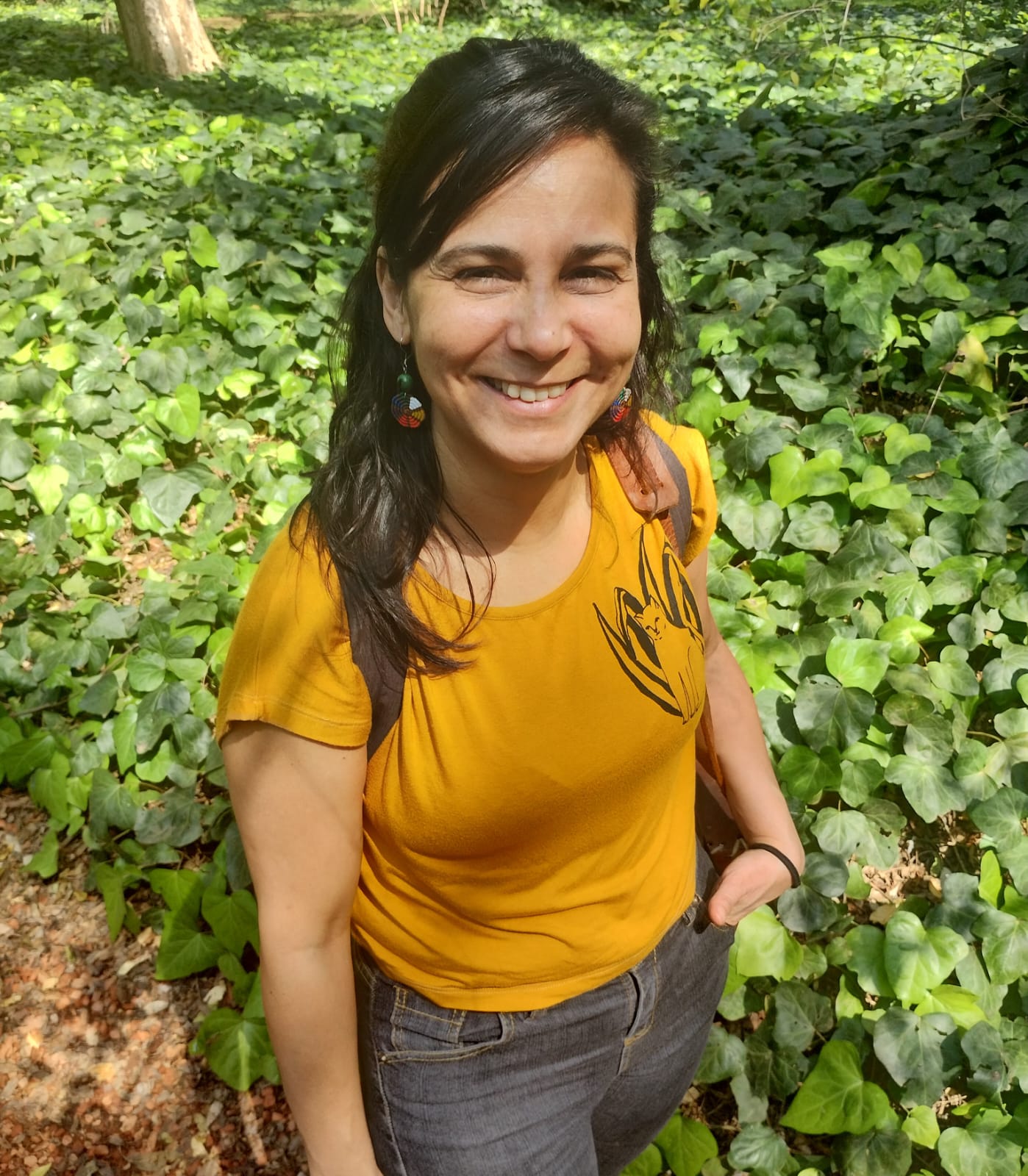
Natalia Correa es Lic. en Nutrición y especialista en Investigación. Trabaja actualmente en el Centro de Salud y Acción Comunitaria Nº 9 del barrio de La Boca en Buenos Aires, donde también participa del “Grupo de Vivienda y Hábitat en la Boca Resiste y Propone”. En el marco de la Maestría en Metodología de la Investigación, Universidad Nacional de Lanús, analiza los vínculos entre las condiciones de vida y la salud de las mujeres. Paralelamente, se desempeña como docente de Nutrición Comunitaria y Salud Pública en la Universidad Abierta Interamericana.
Natalia Correa holds a degree in Nutrition and is a research specialist. She works actually in the Health and Community Action Center Nº 9 in the Boca neighborhood, Buenos Aires, where she is also part of the “Housing and Habitat Group, La Boca Resists and Proposes”. As part of the Master’s Program in Research Methodology at the National University of Lanús, she analyzes the links between the living conditions and health of women. She also teaches Community Nutrition and Public Health at the Interamerican Open University.
Carolina Duque.

Carolina Duque. Investigadora del Centro de Estudios Latinoamericanos sobre Inseguridad y Violencia de la Universidad Nacional de Tres de Febrero. Mentora para Latinoamérica del Fondo Resiliencia de la Iniciativa Global contra el Crimen Organizado. Con más de 20 años de experiencia en investigaciones sobre drogas, seguridad y justicia en Colombia, Ecuador, Panamá, Honduras, Costa Rica, Nicaragua, Perú, Paraguay, Bolivia, San Francisco- Oakland CA (USA).
Researcher at the Center for Latin American Studies on Insecurity and Violence at the National University of Tres de Febrero. Mentor for Latin America at the Resilience Fund of the Global Initiative Against Organized Crime. She has more than 20 years of experience conducting research on drugs, security, and justice in Colombia, Ecuador, Panama, Honduras, Costa Rica, Nicaragua, Peru, Paraguay, Bolivia, and San Francisco–Oakland, CA (USA).
Schools Engaged in the WRENCH Project
Istituto di Istruzione Secondaria Superiore “Antonio Serra” di Napoli
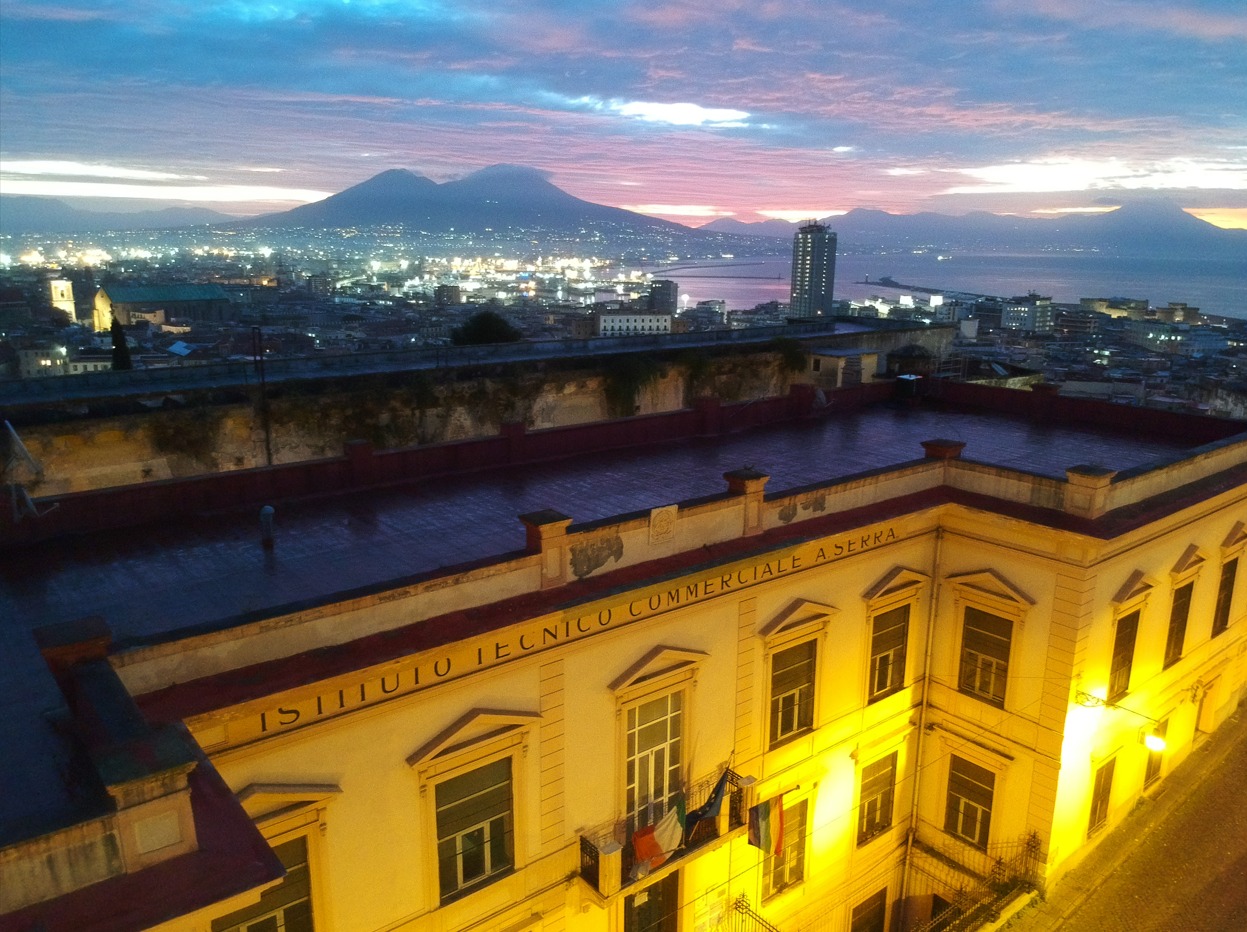
The “Antonio Serra” Institute has a long tradition within the Neapolitan educational landscape and is recognised as a positive, forward‑looking institution that has helped educate generations of students engaged with their territory. Located near the WRENCH Pilot Site at the Former Military Hospital, the Institute offers a rich educational programme spanning Administration, Tourism, Technological studies in Computer Science and Telecommunications, and Language Studies. To know more: https://www.isisserra.edu.it/presentazione/
Istituto di Istruzione Secondaria Superiore “G. B. Vico – Umberto I – R. Gagliardi” di Ragusa
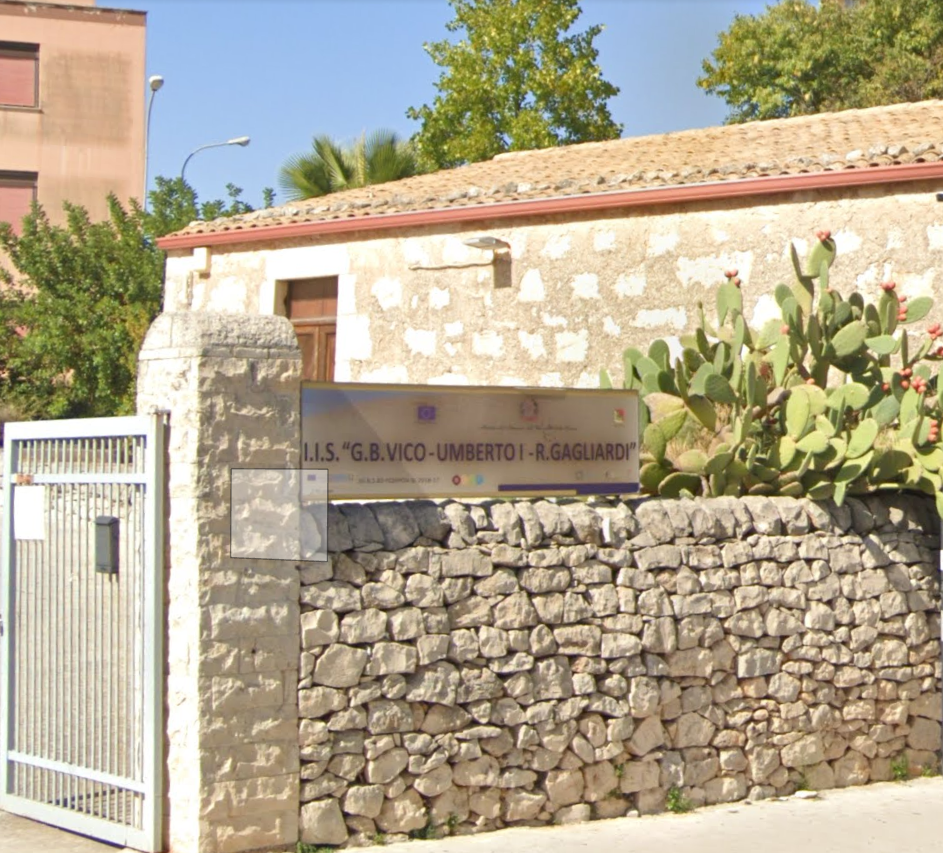
There was a time when young people in Ragusa who wanted to become Surveyors had to study elsewhere—yet for territories like Ragusa, this competence has always been essential. In the 1960s, the study track was finally established. Today, following recent Italian educational reforms, it is known as Construction, Environment and Territory, and it will be the track through which collaboration with the WRENCH project will take place. This programme provides both theoretical and practical training in the built environment, topography, the use of materials, and the study of the city. It helps students develop an analytical and well‑structured approach that enables them to pursue specialised technical education closely connected to their local context. To know more: https://www.vicoumbertogagliardi.edu.it/index.php/istitutomain/tecnico-tecnologico-gagliardi